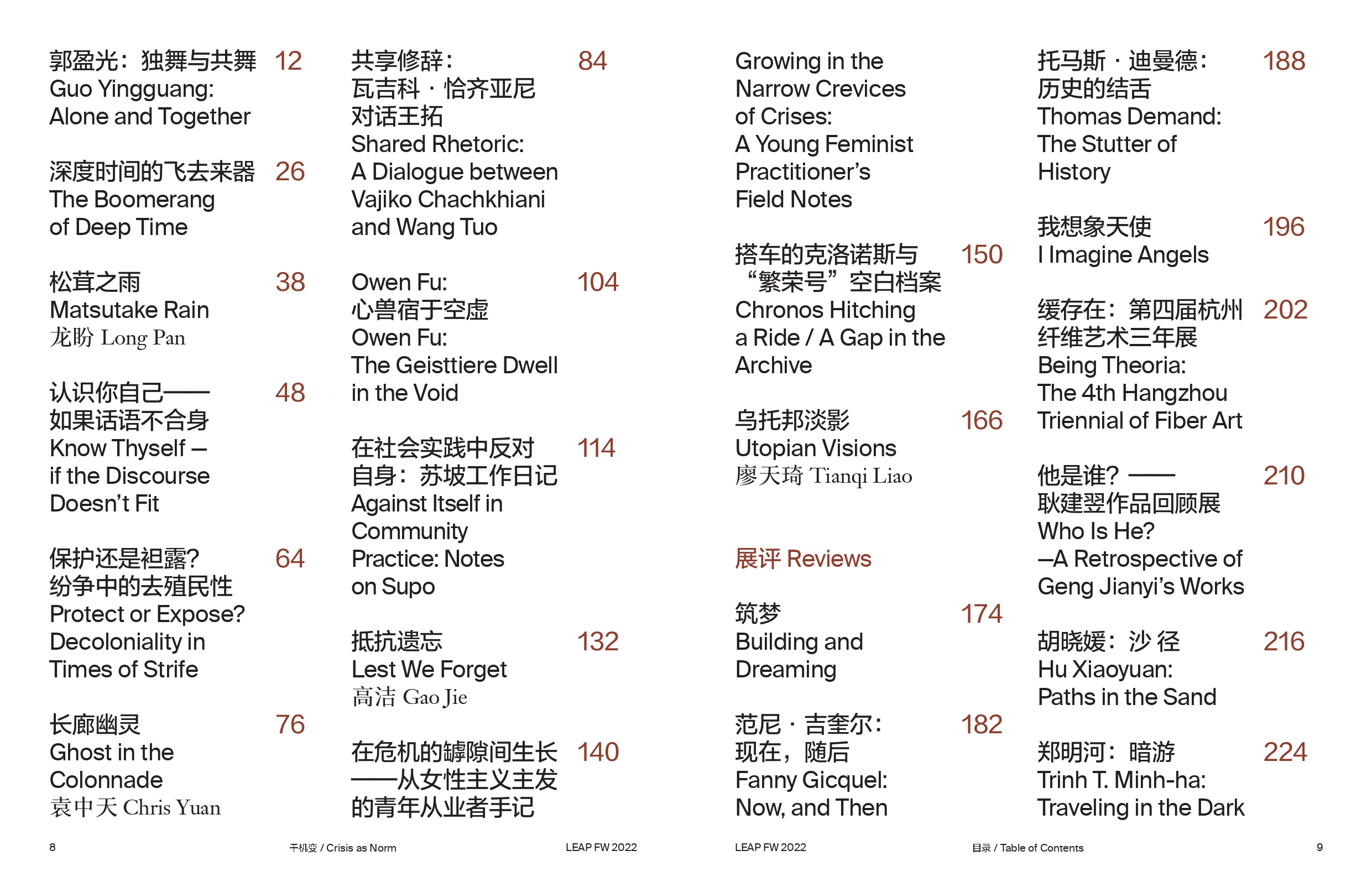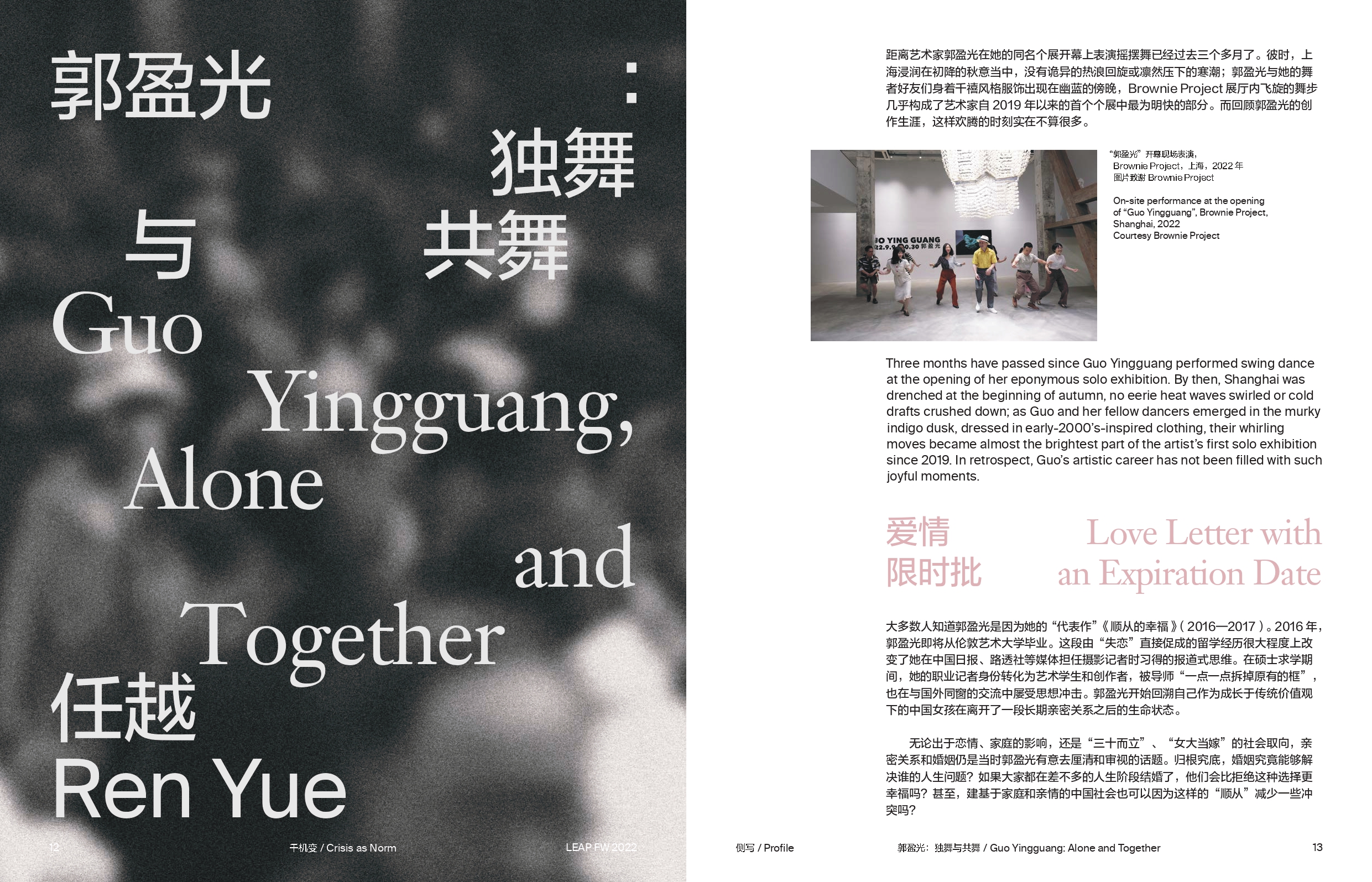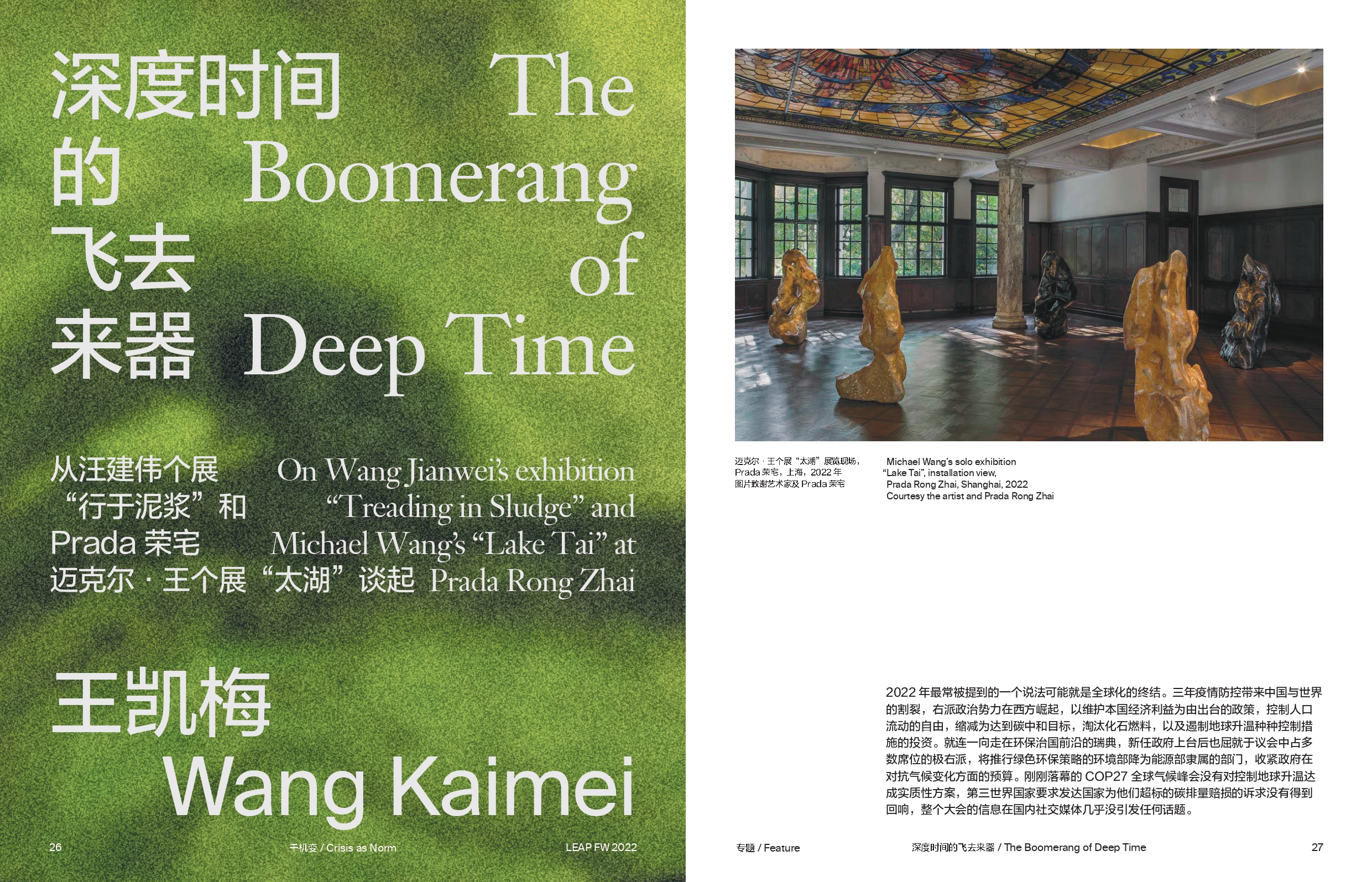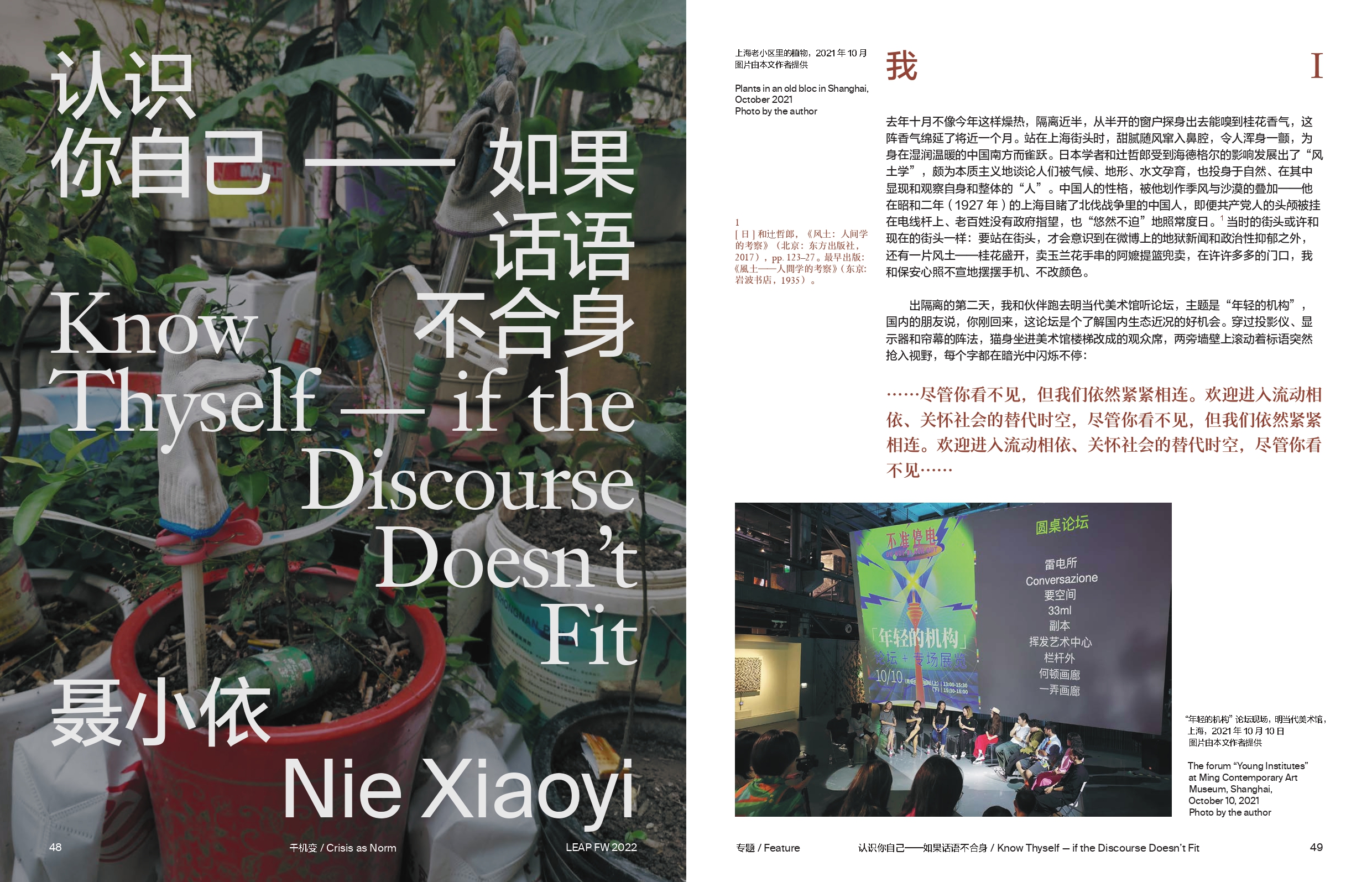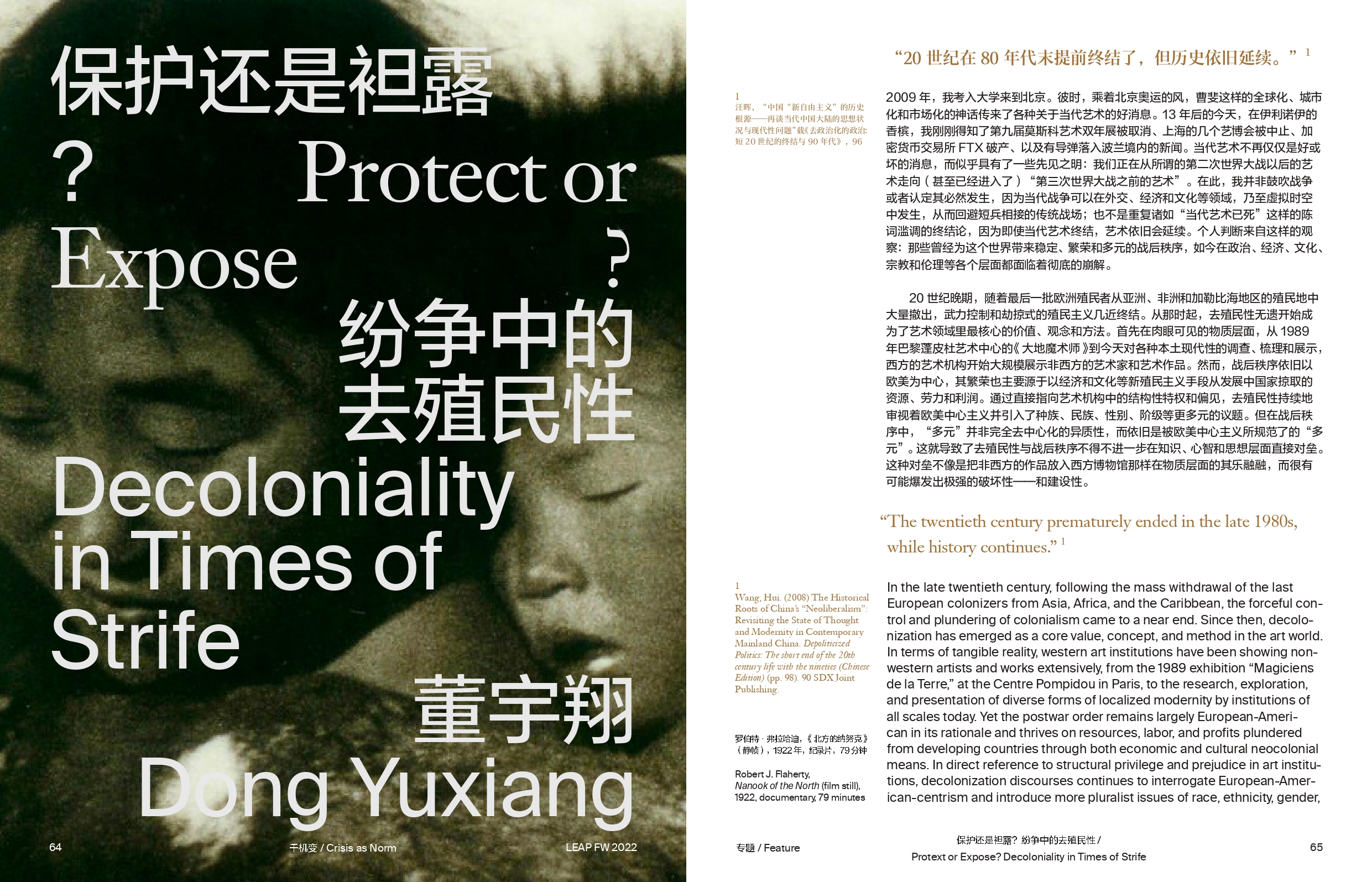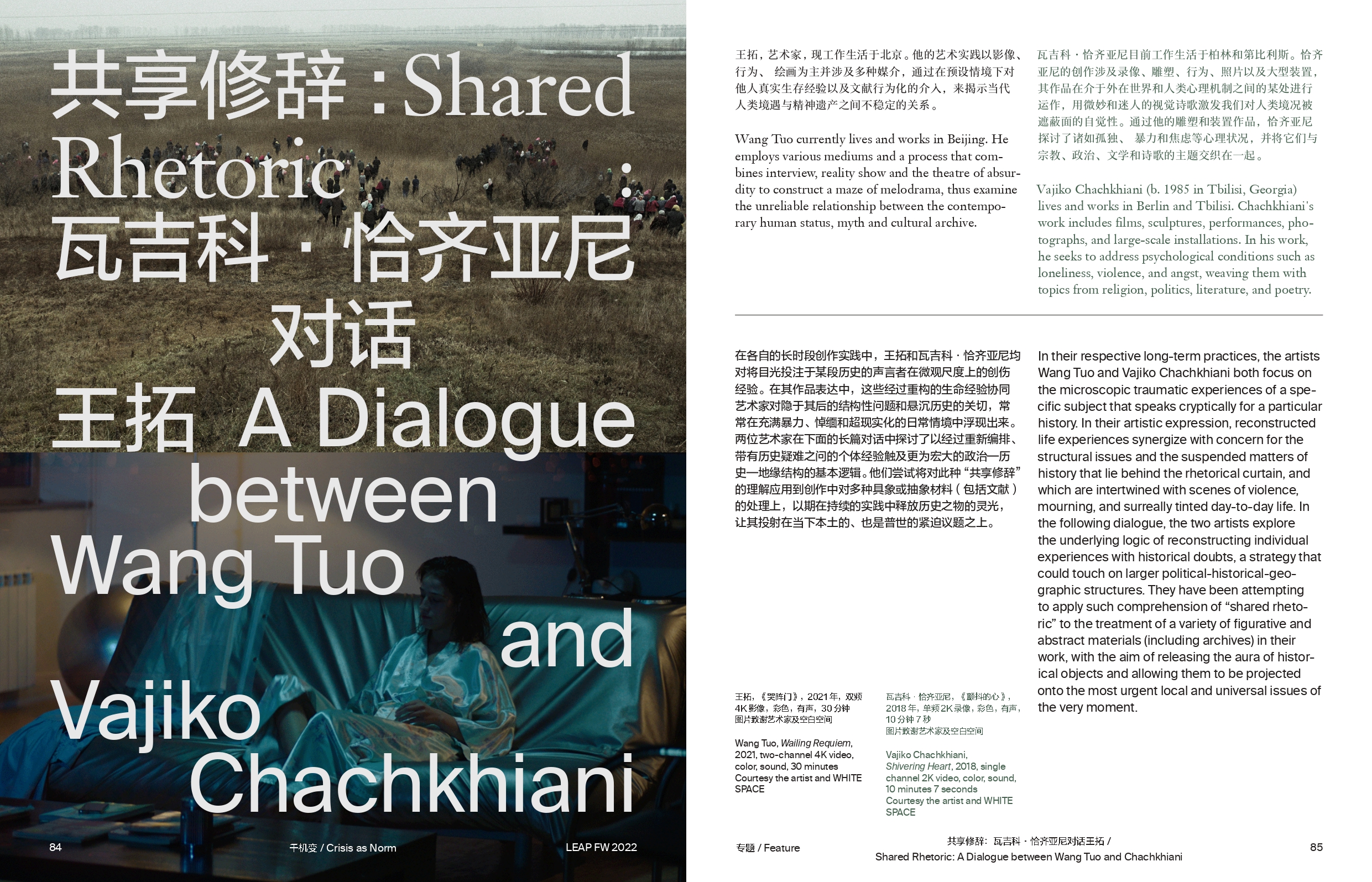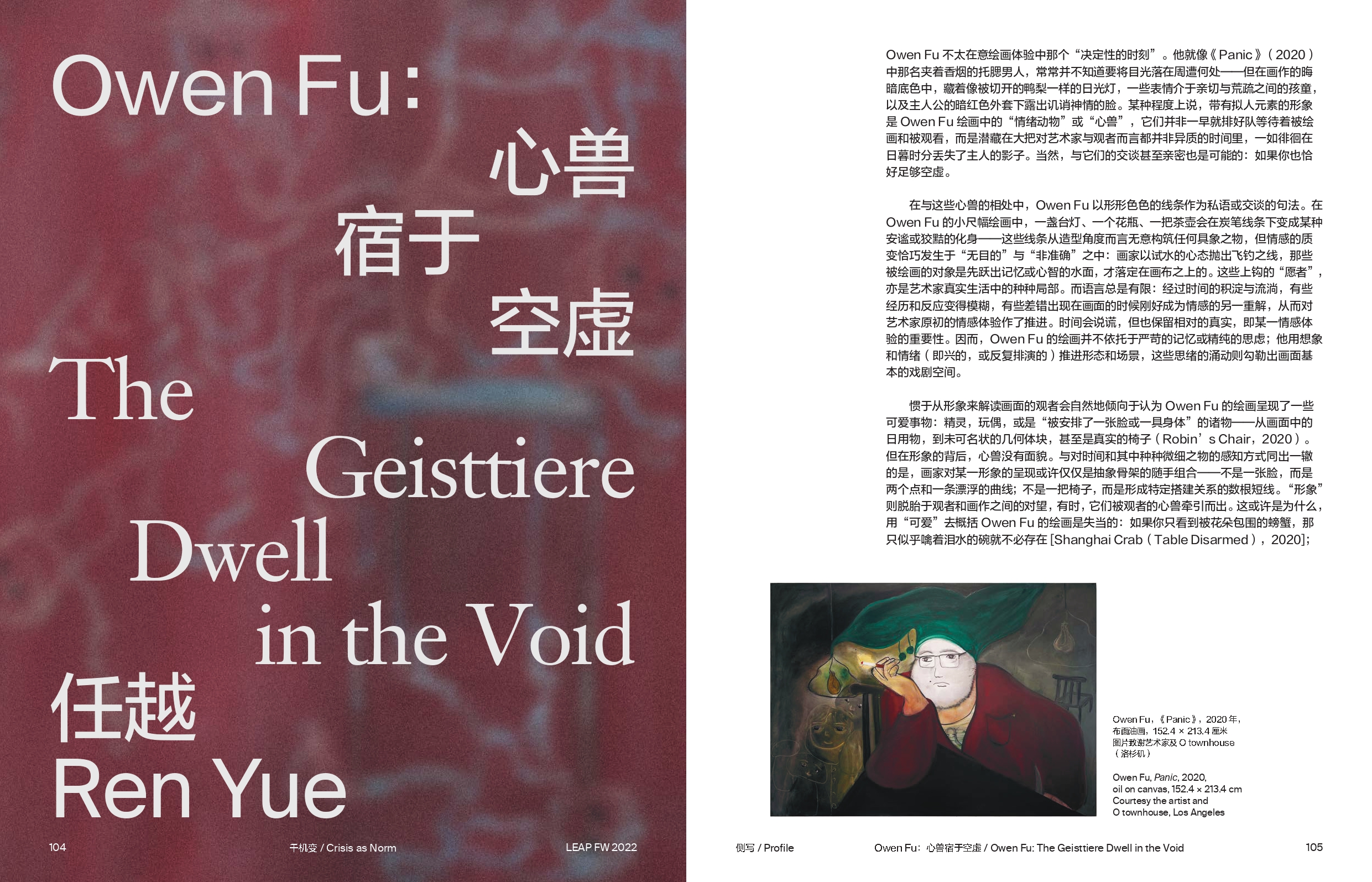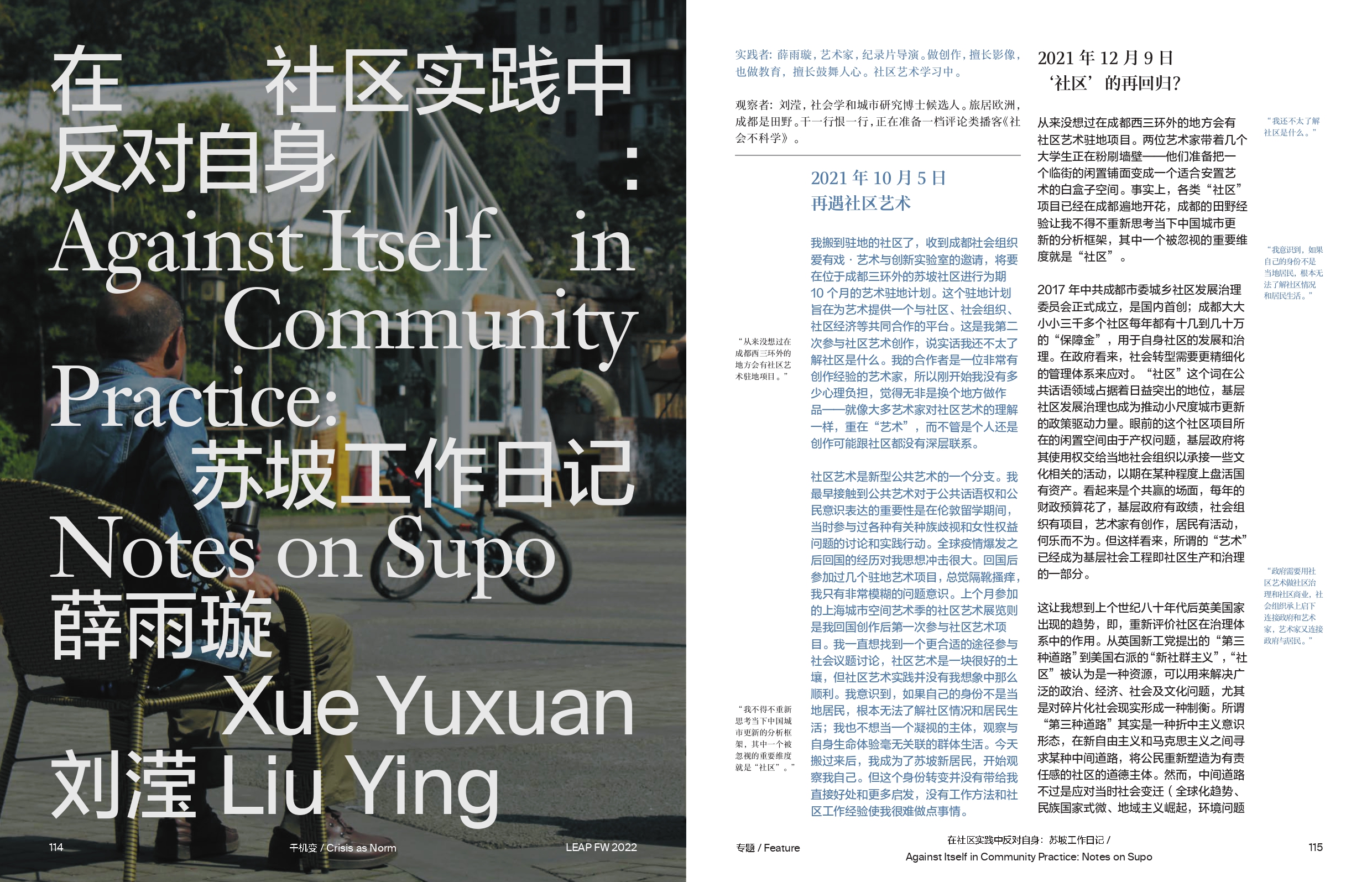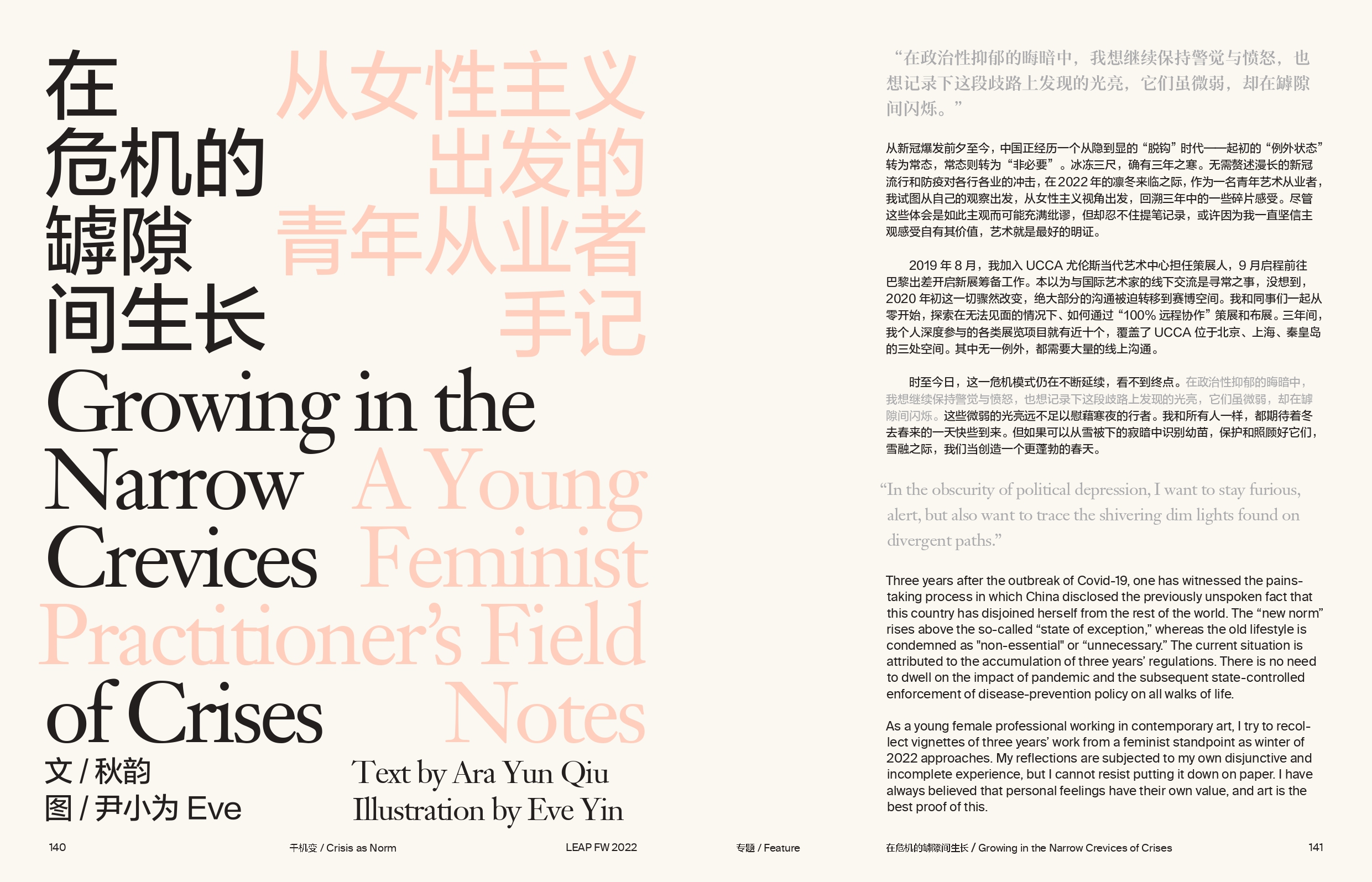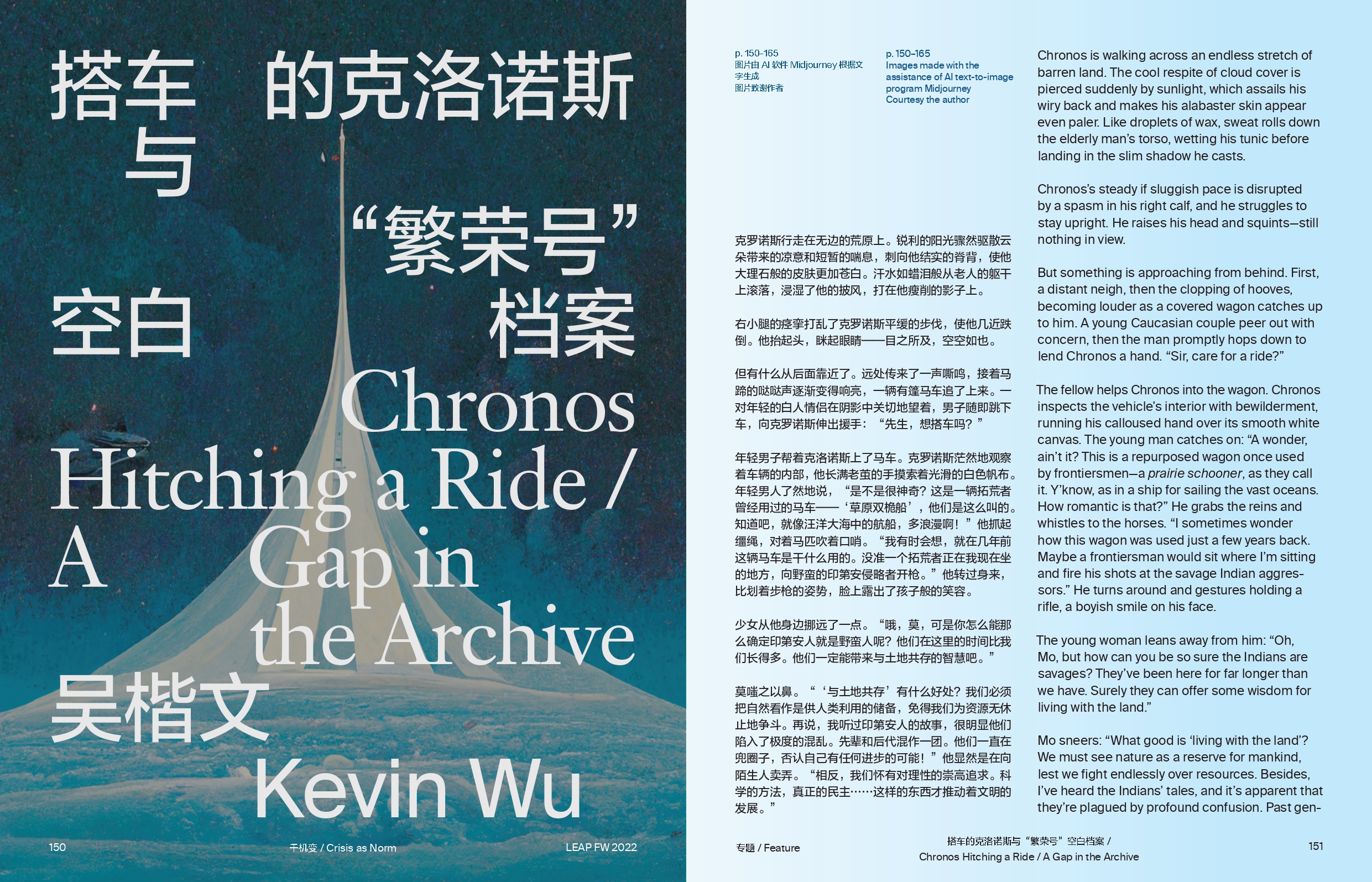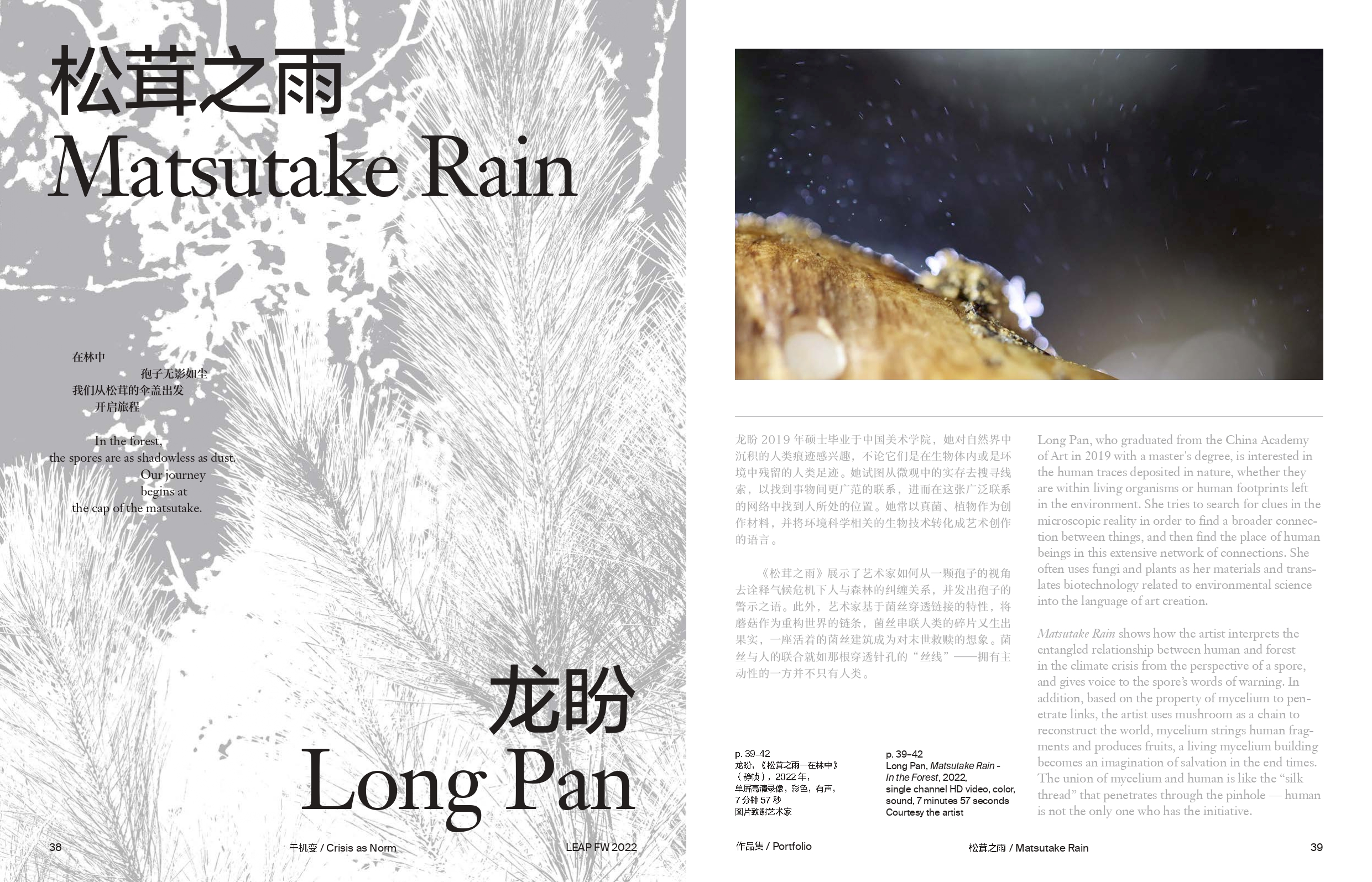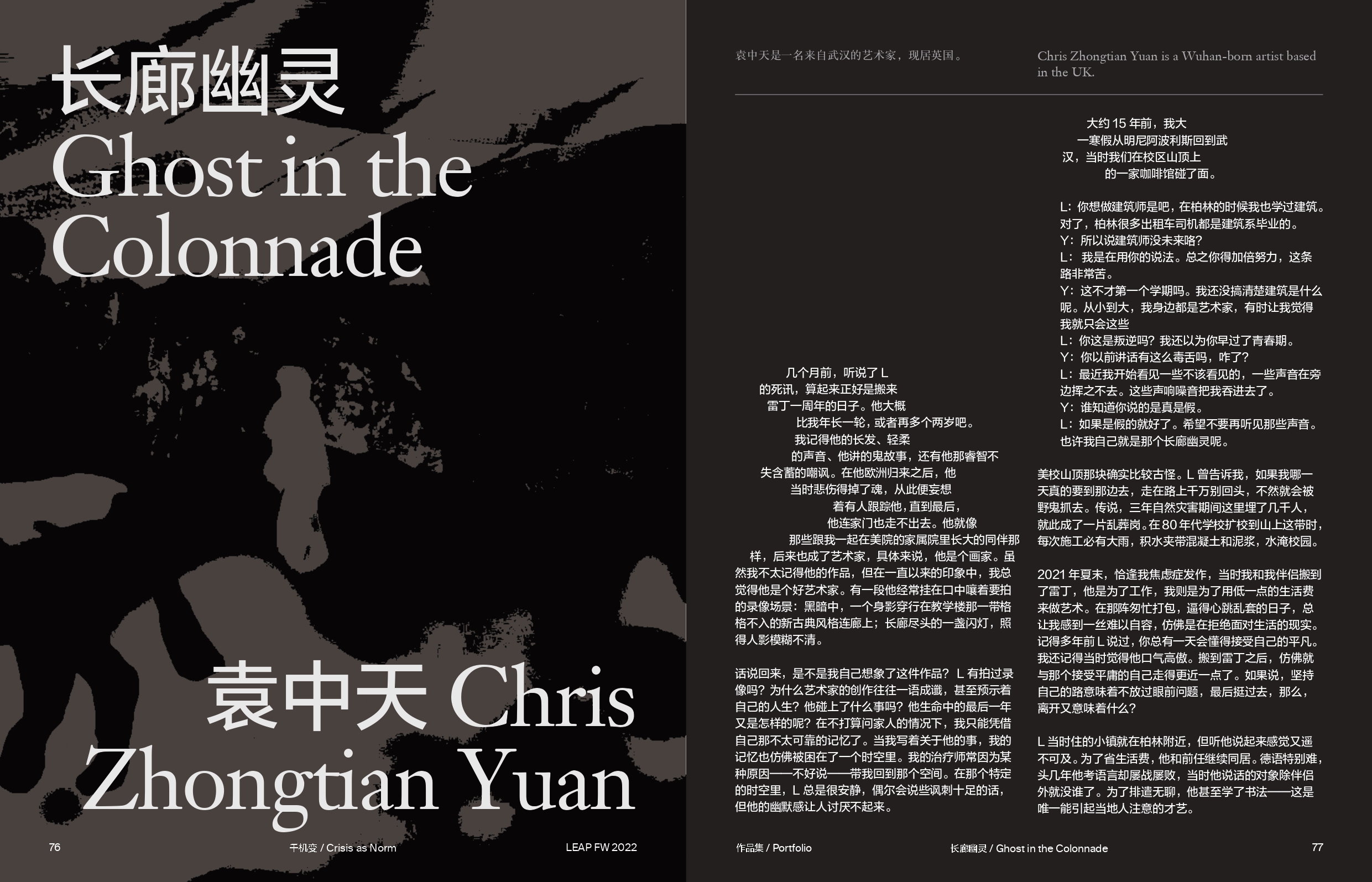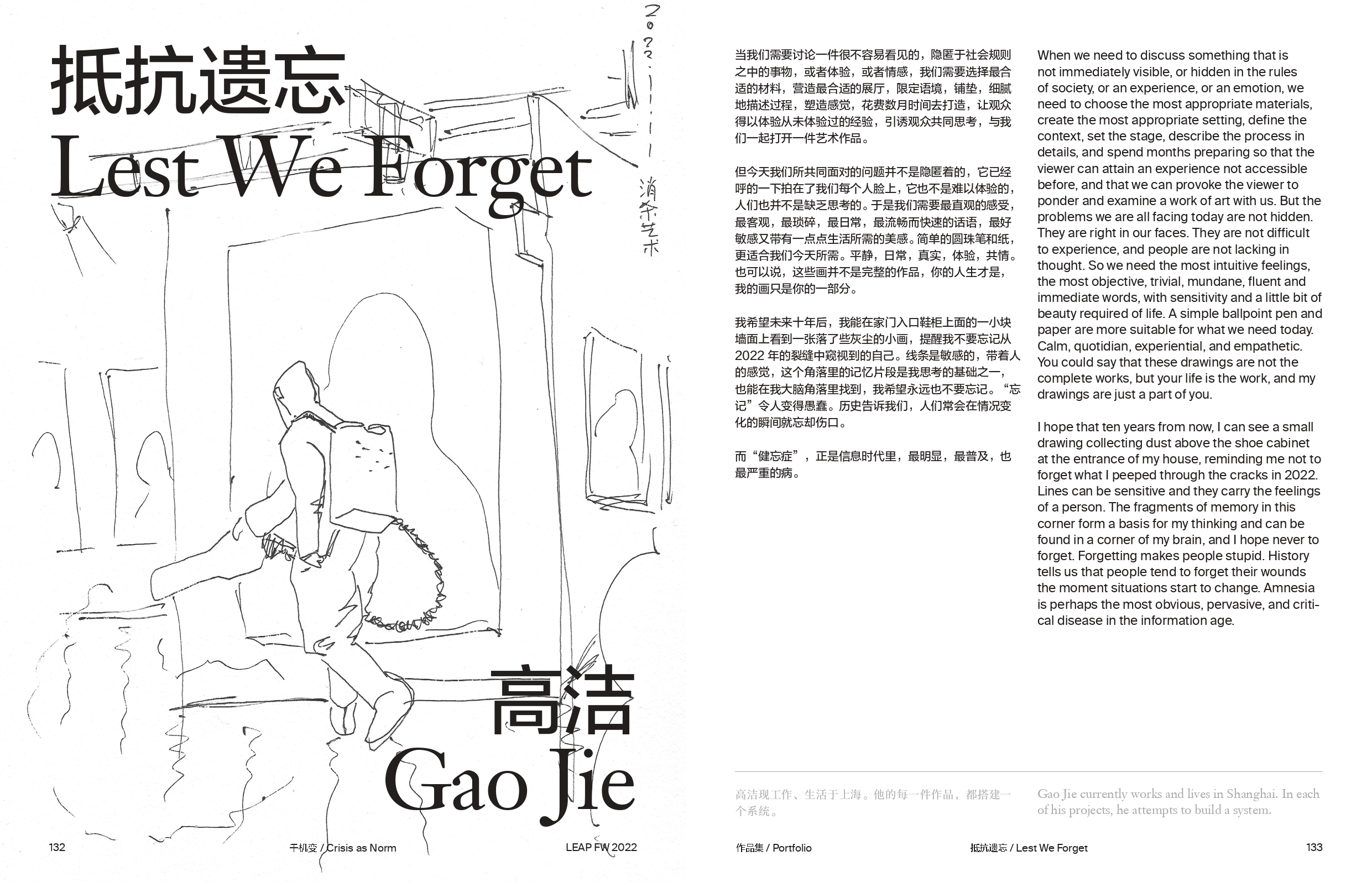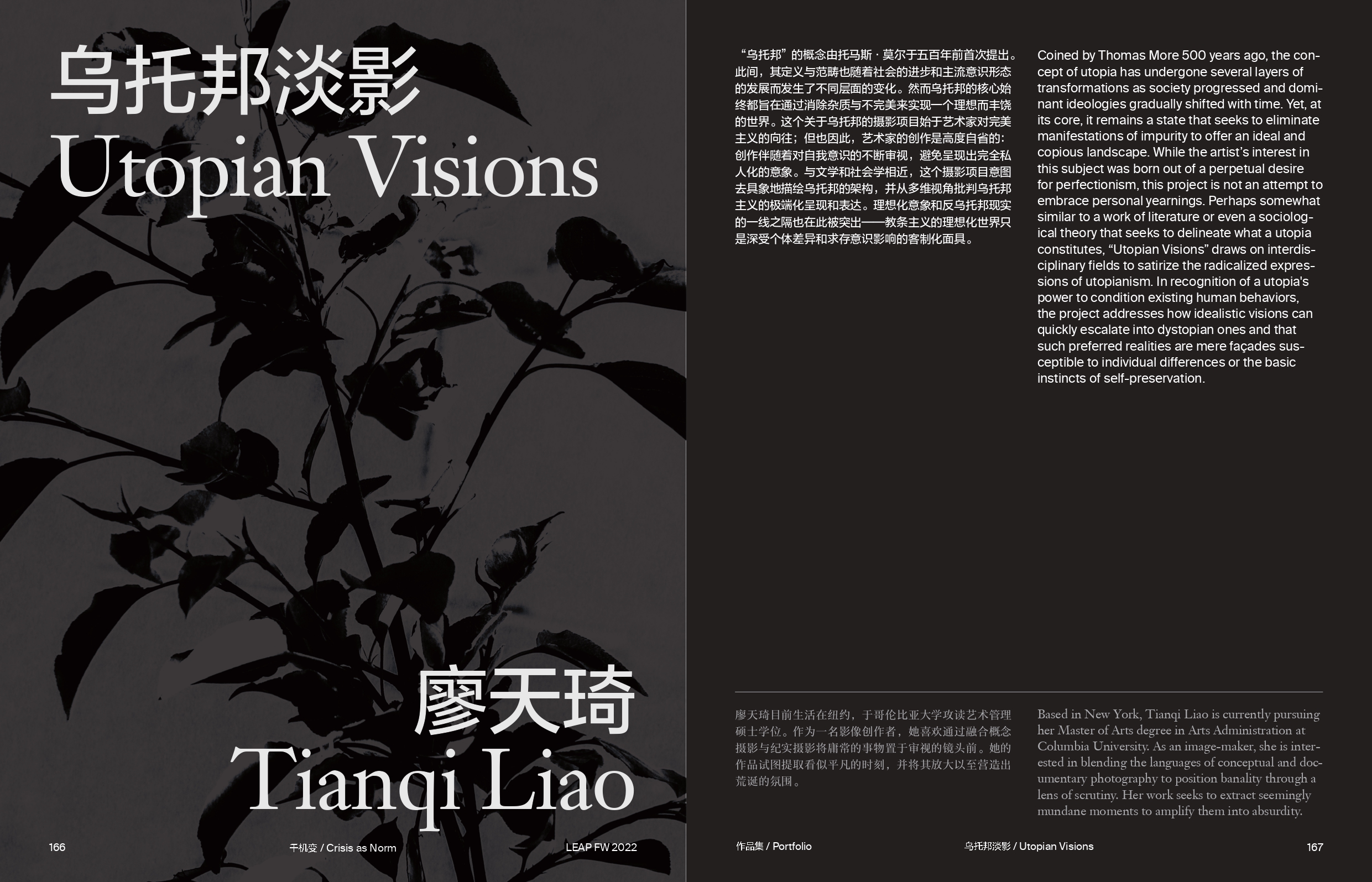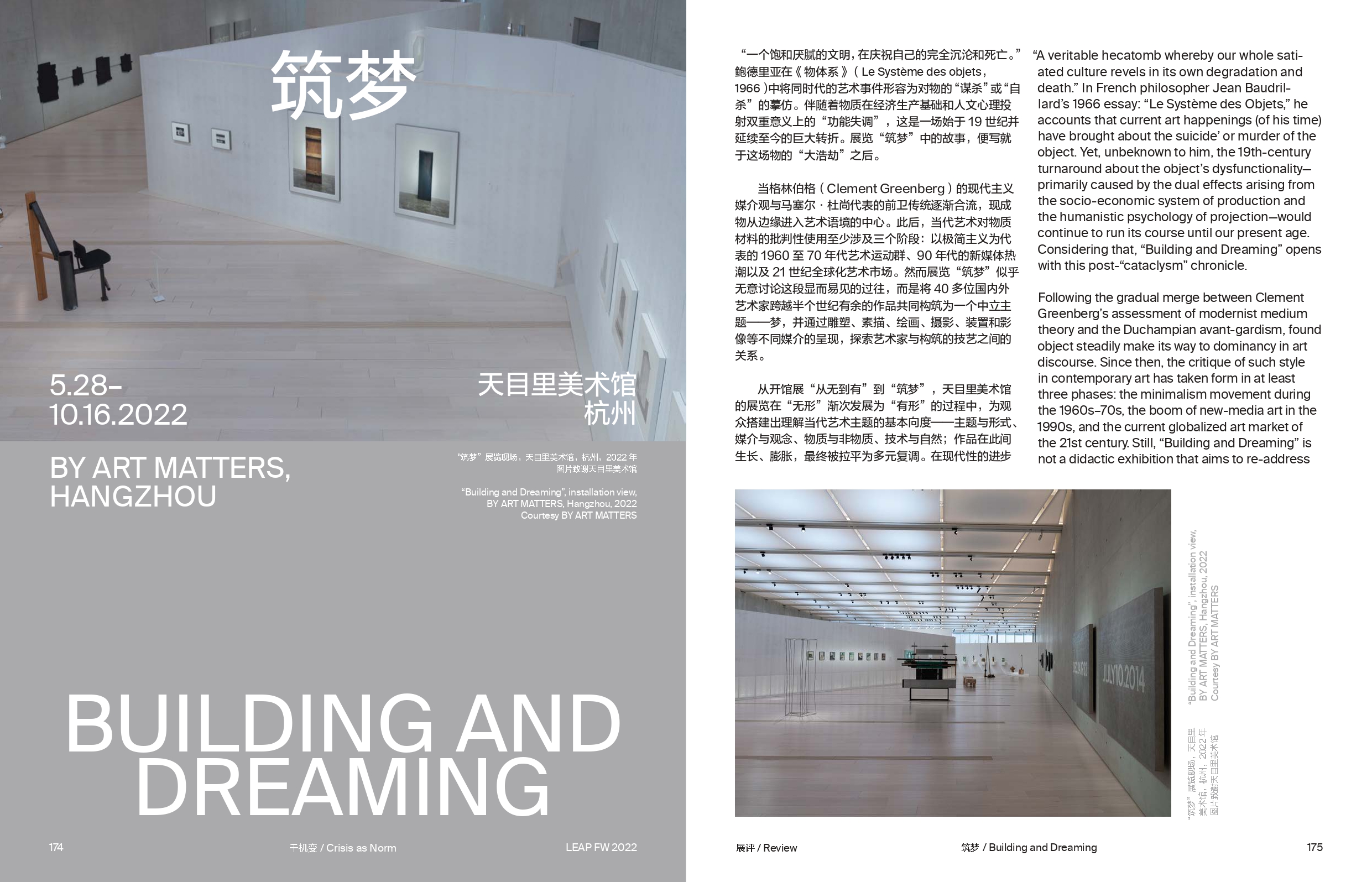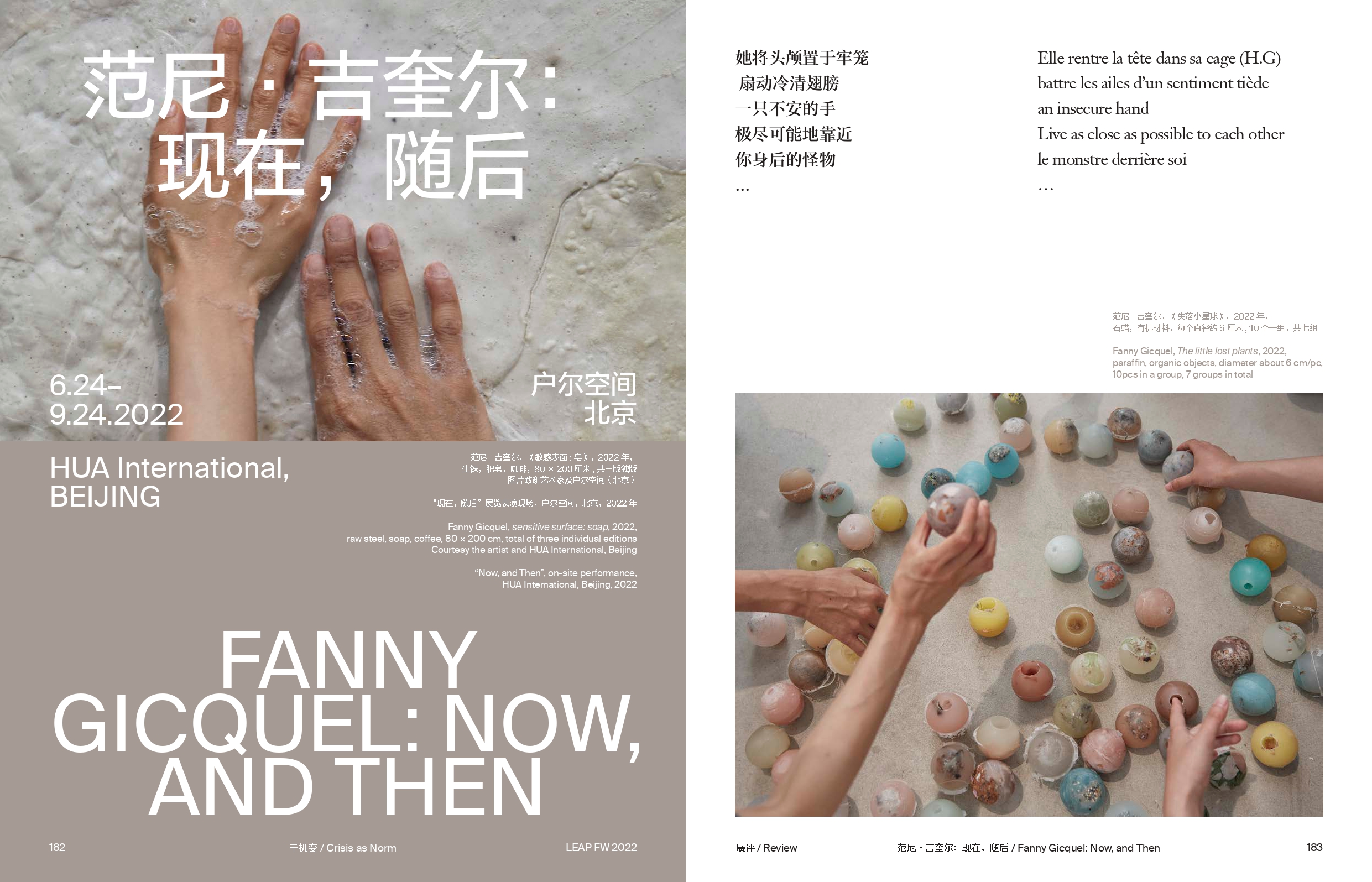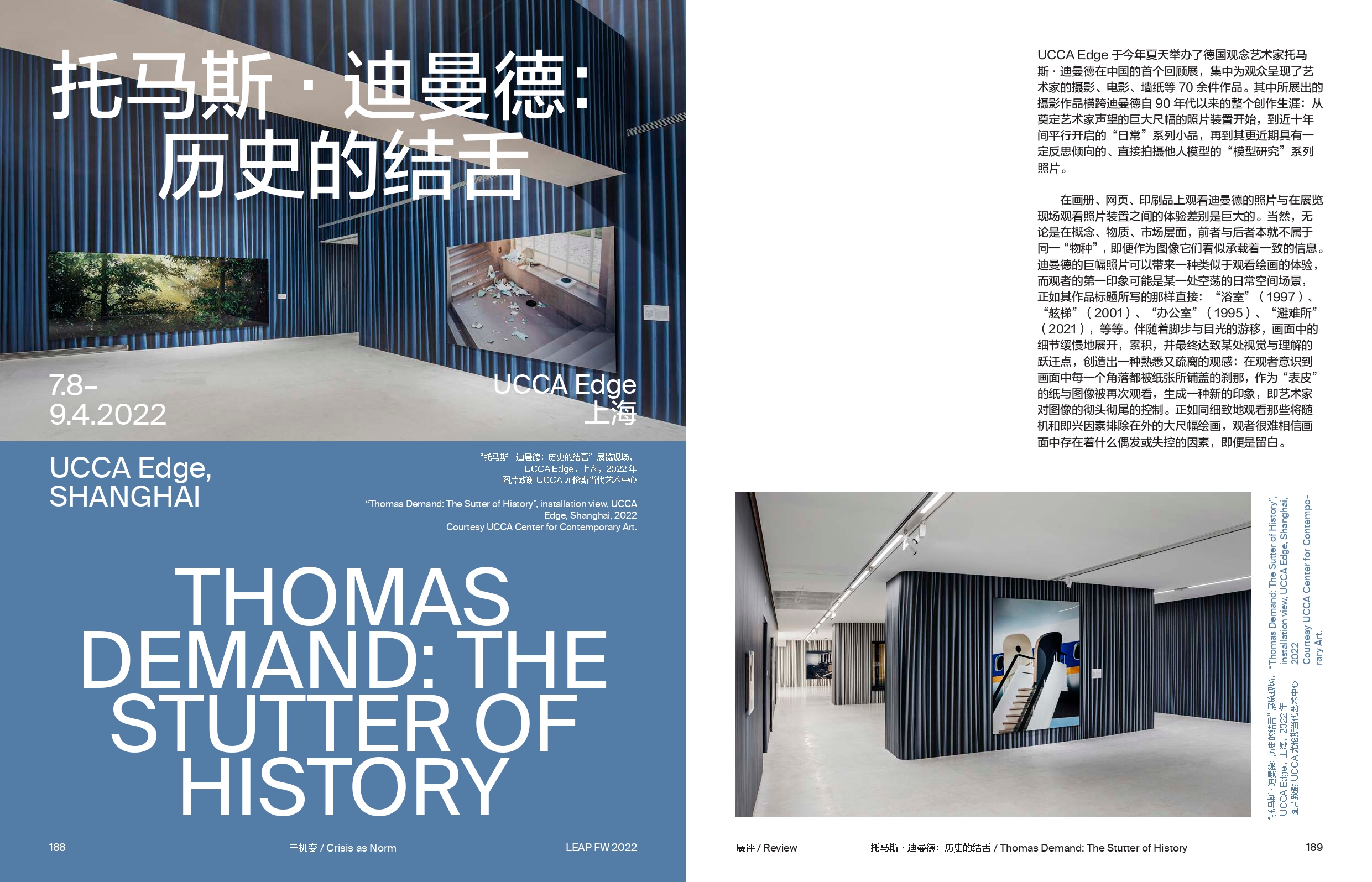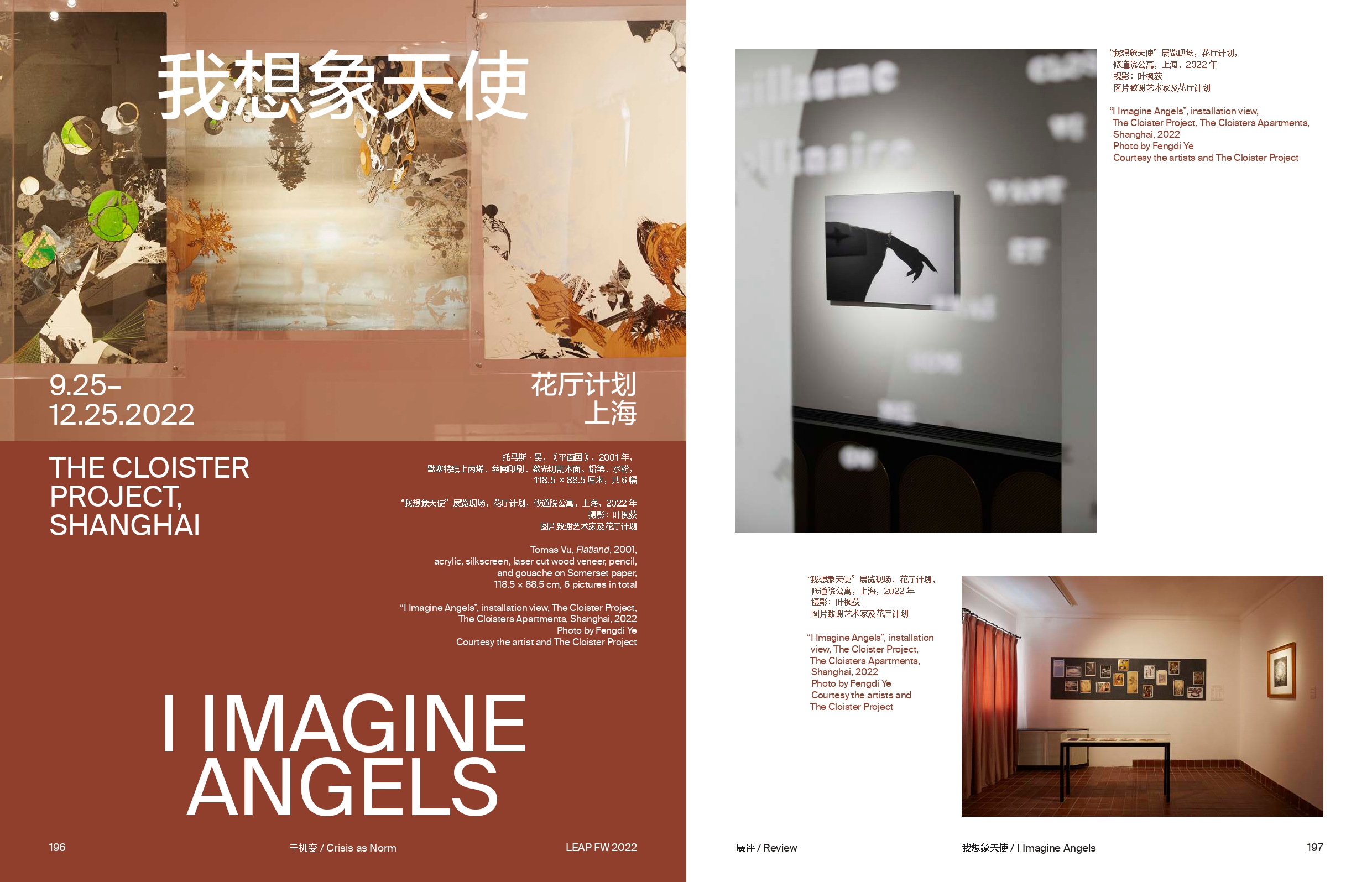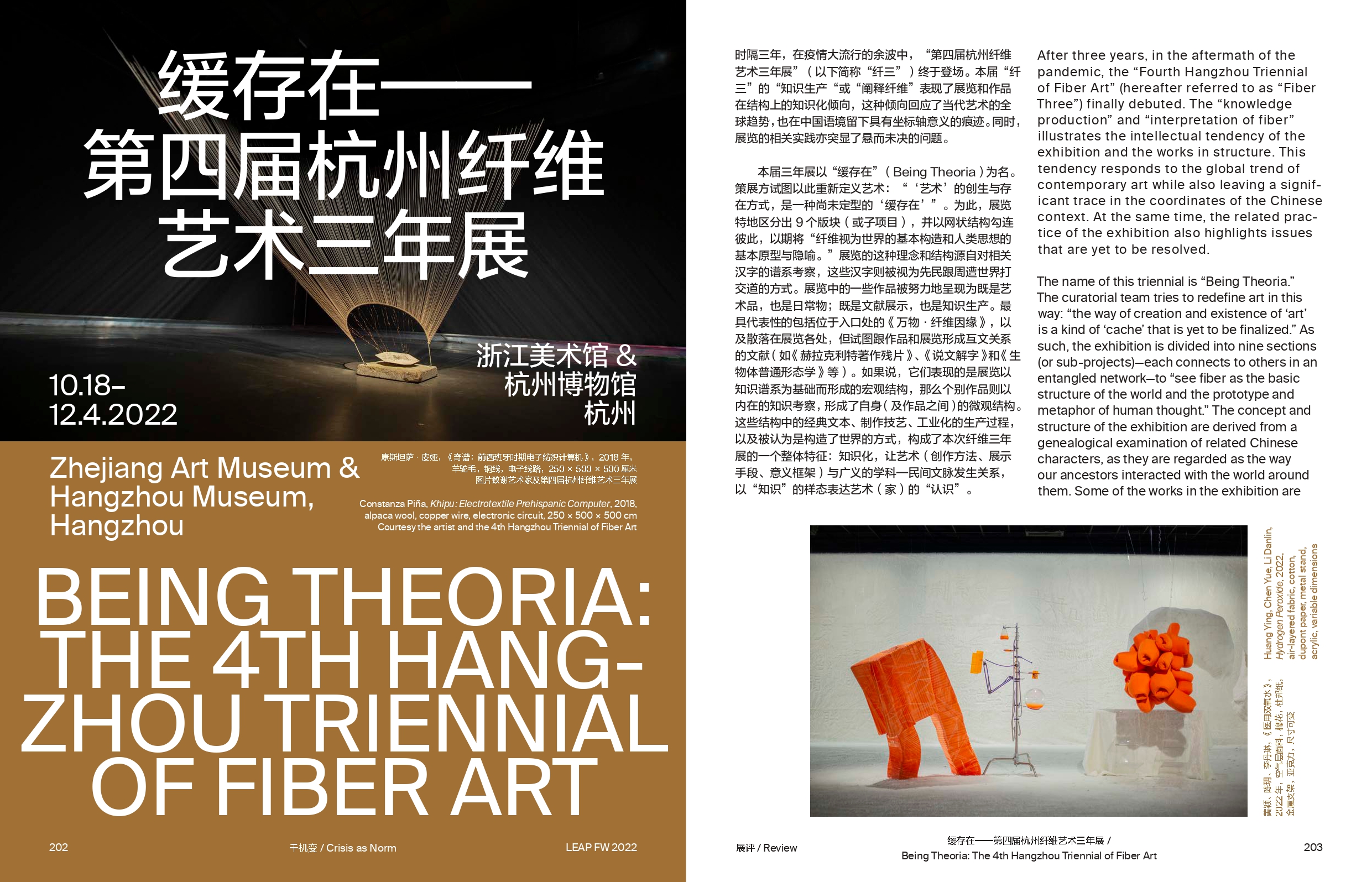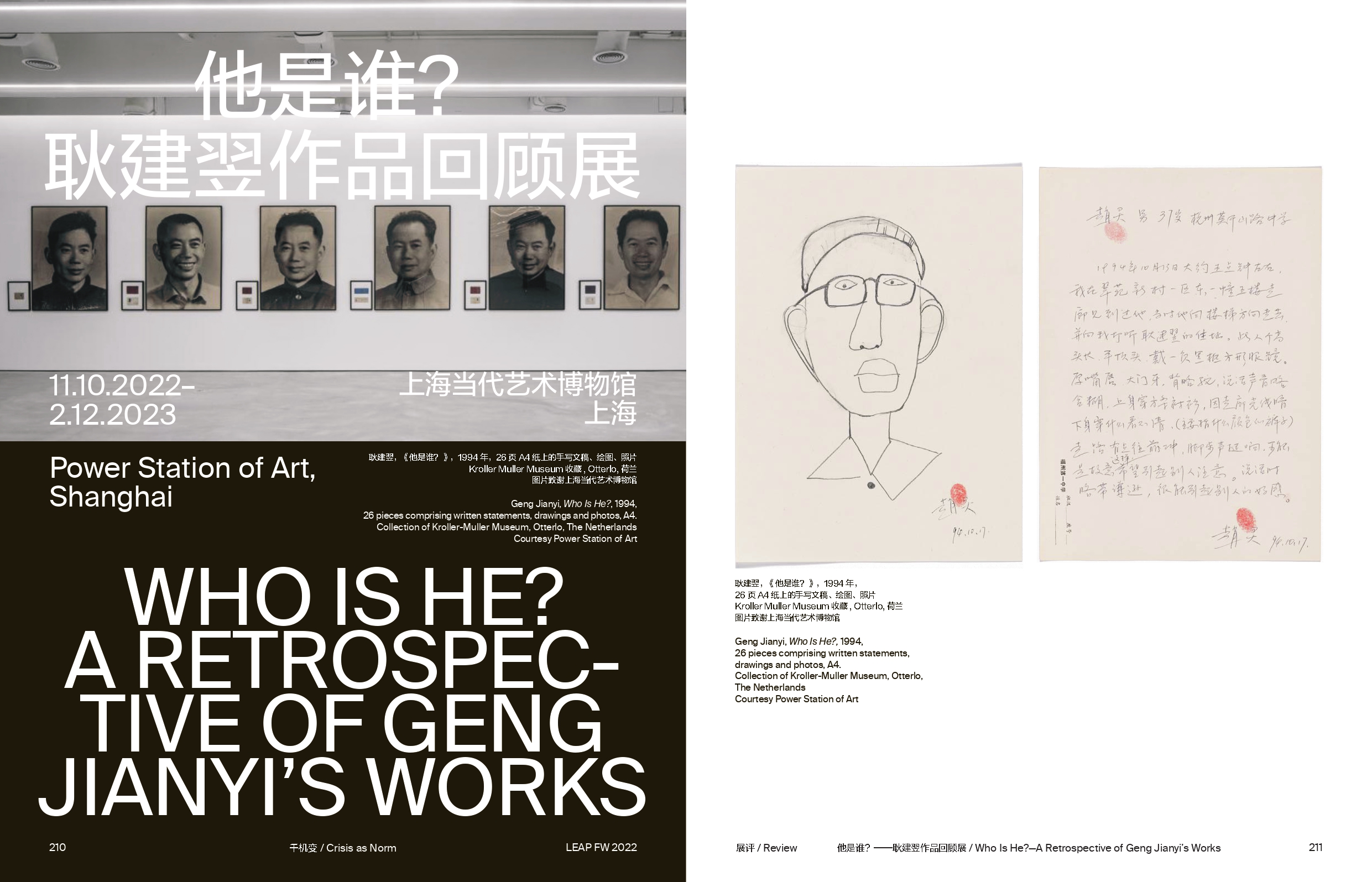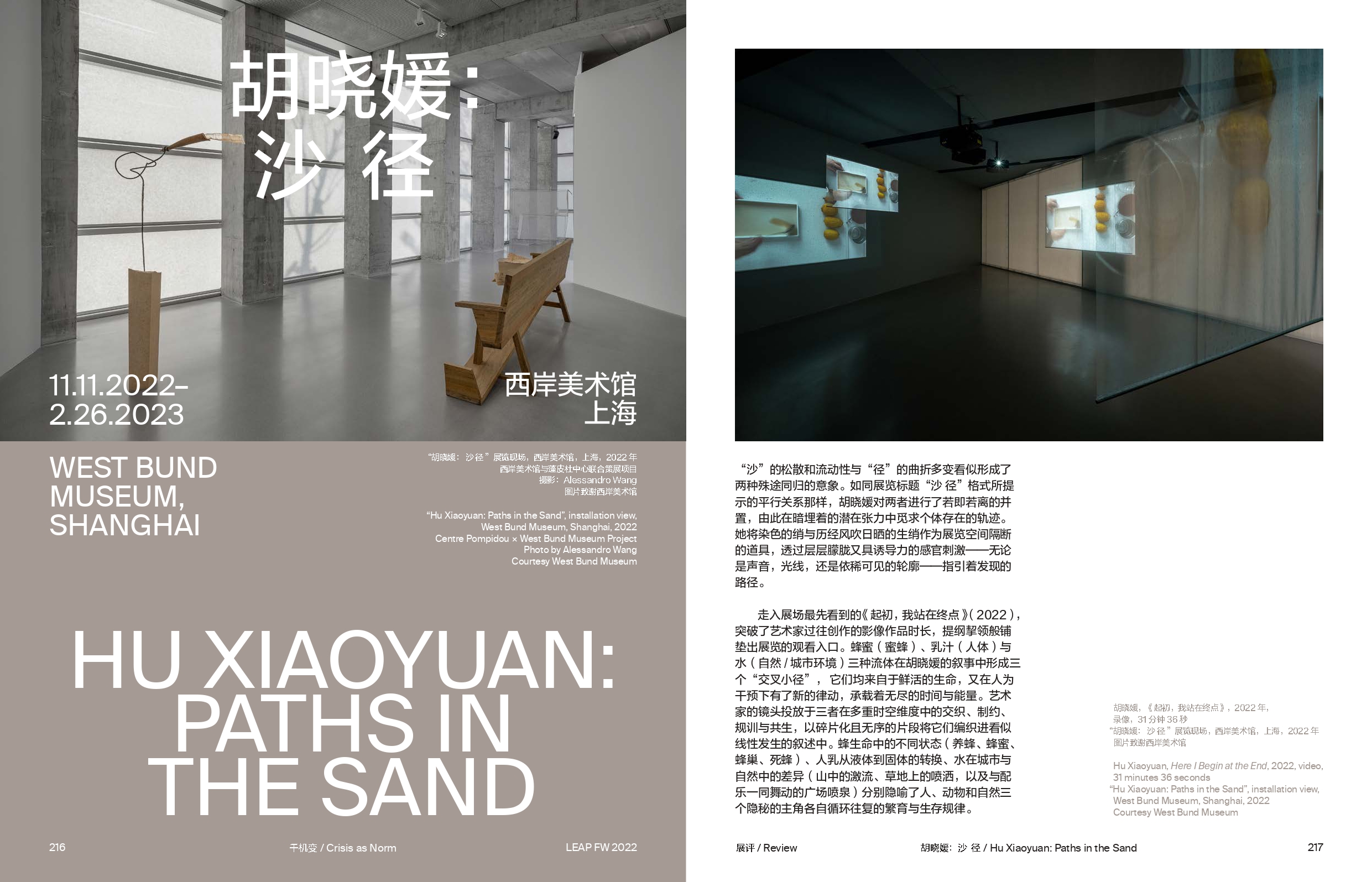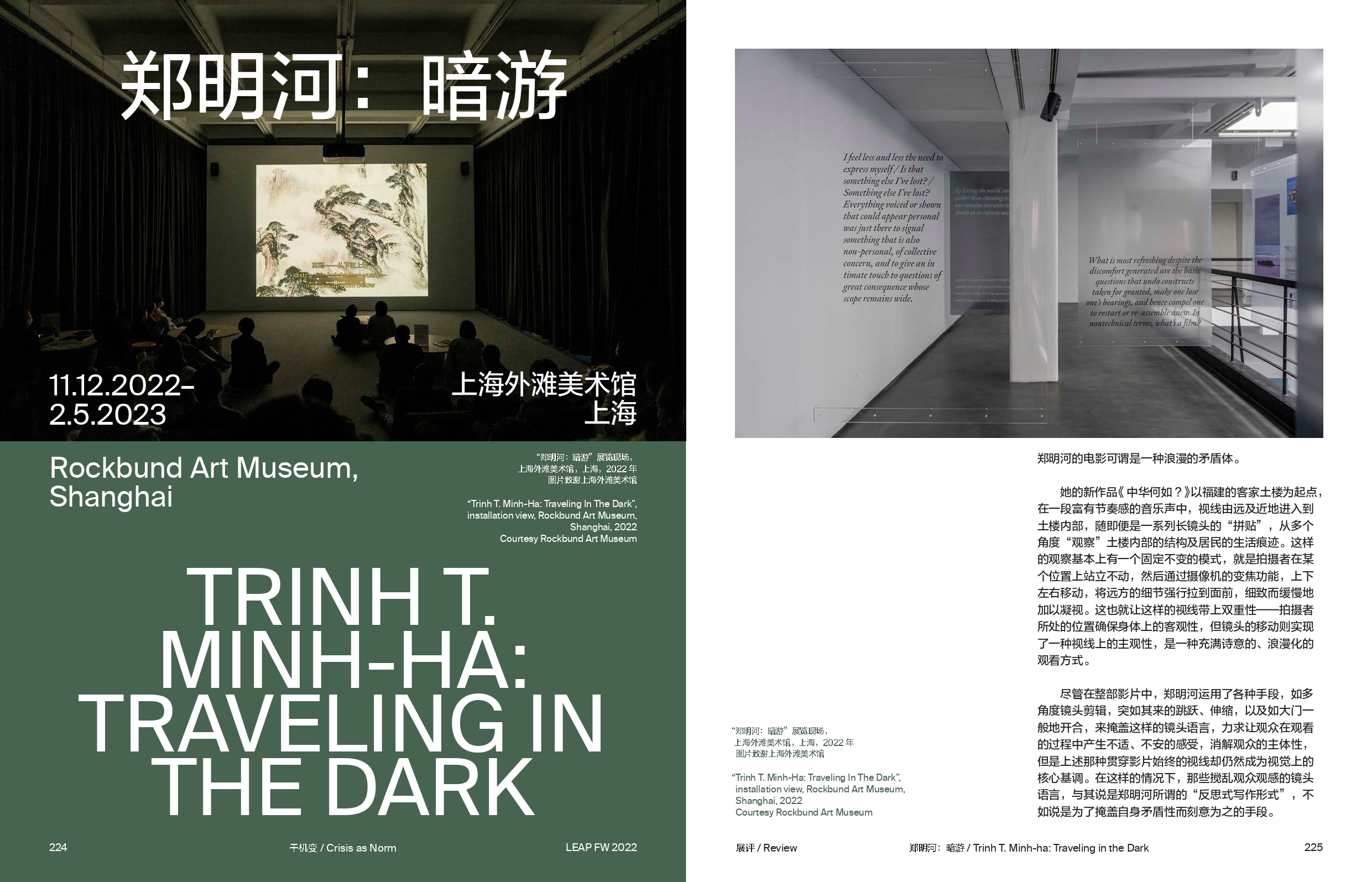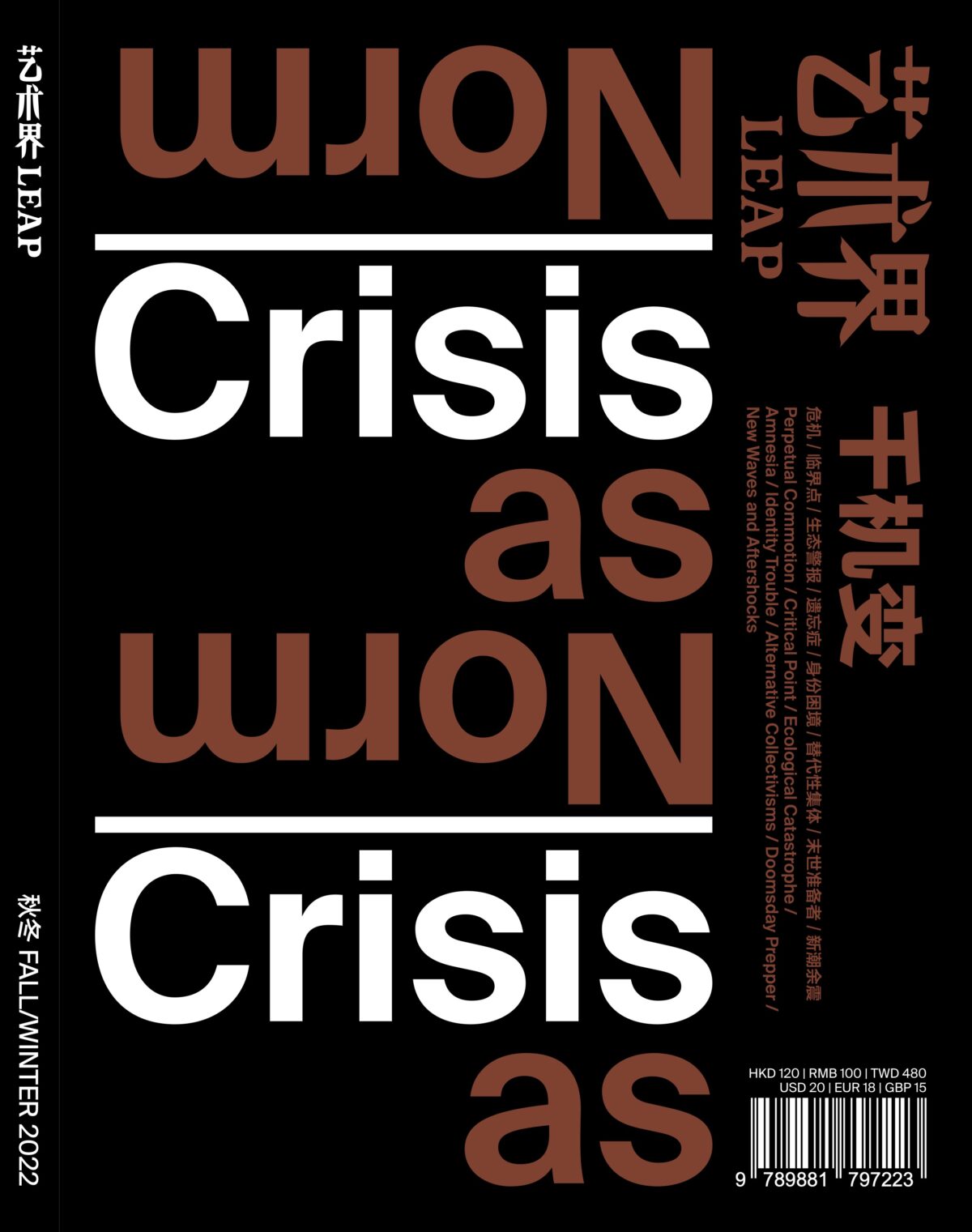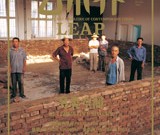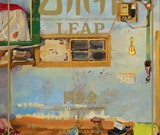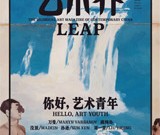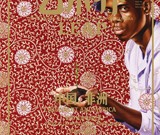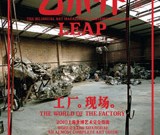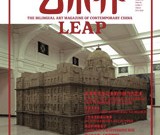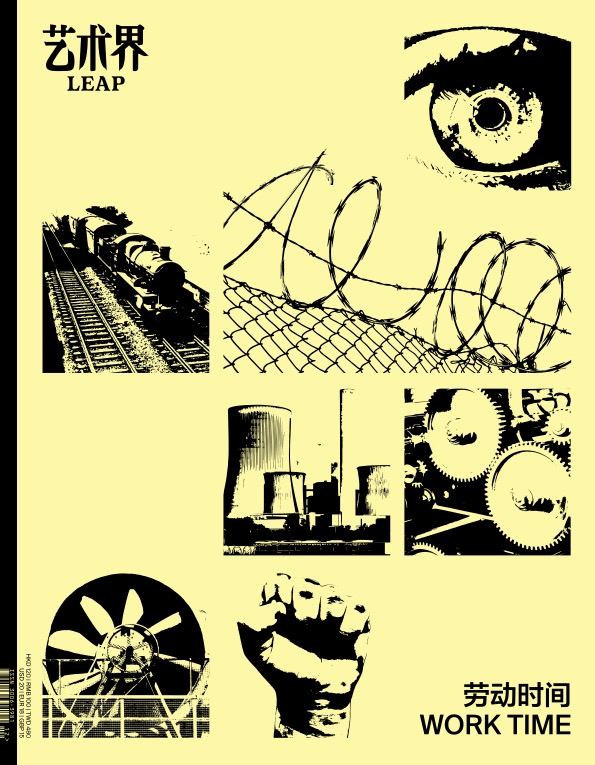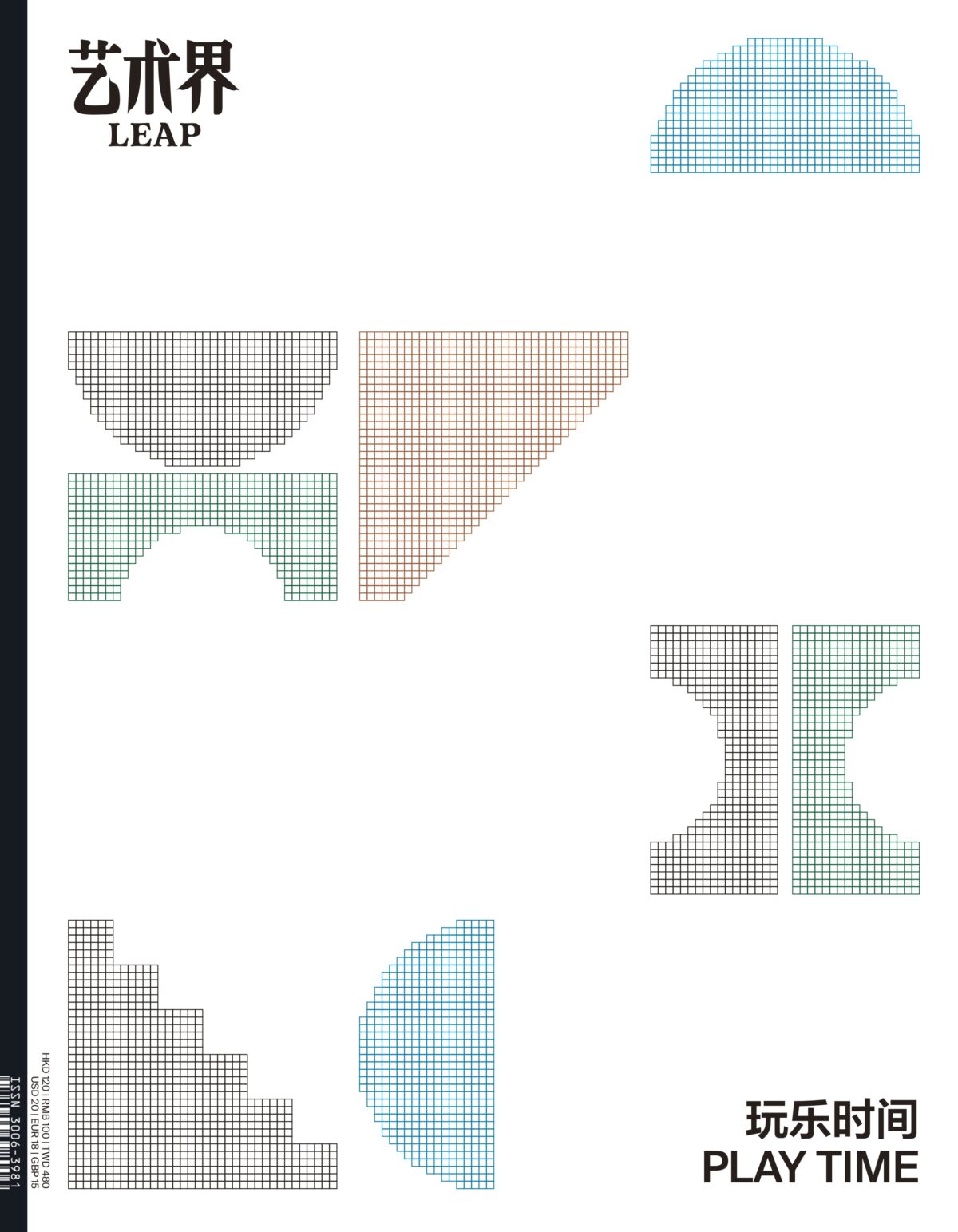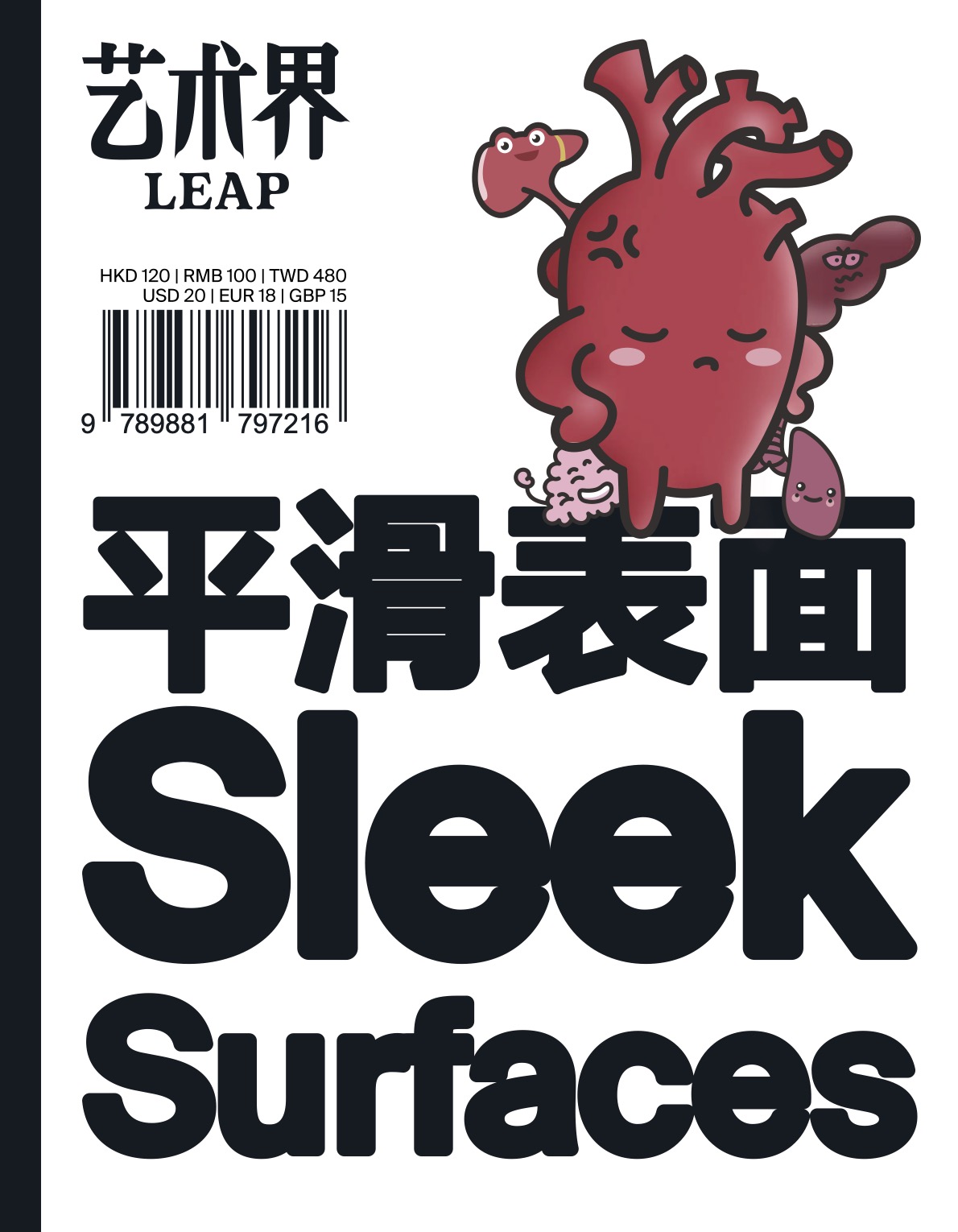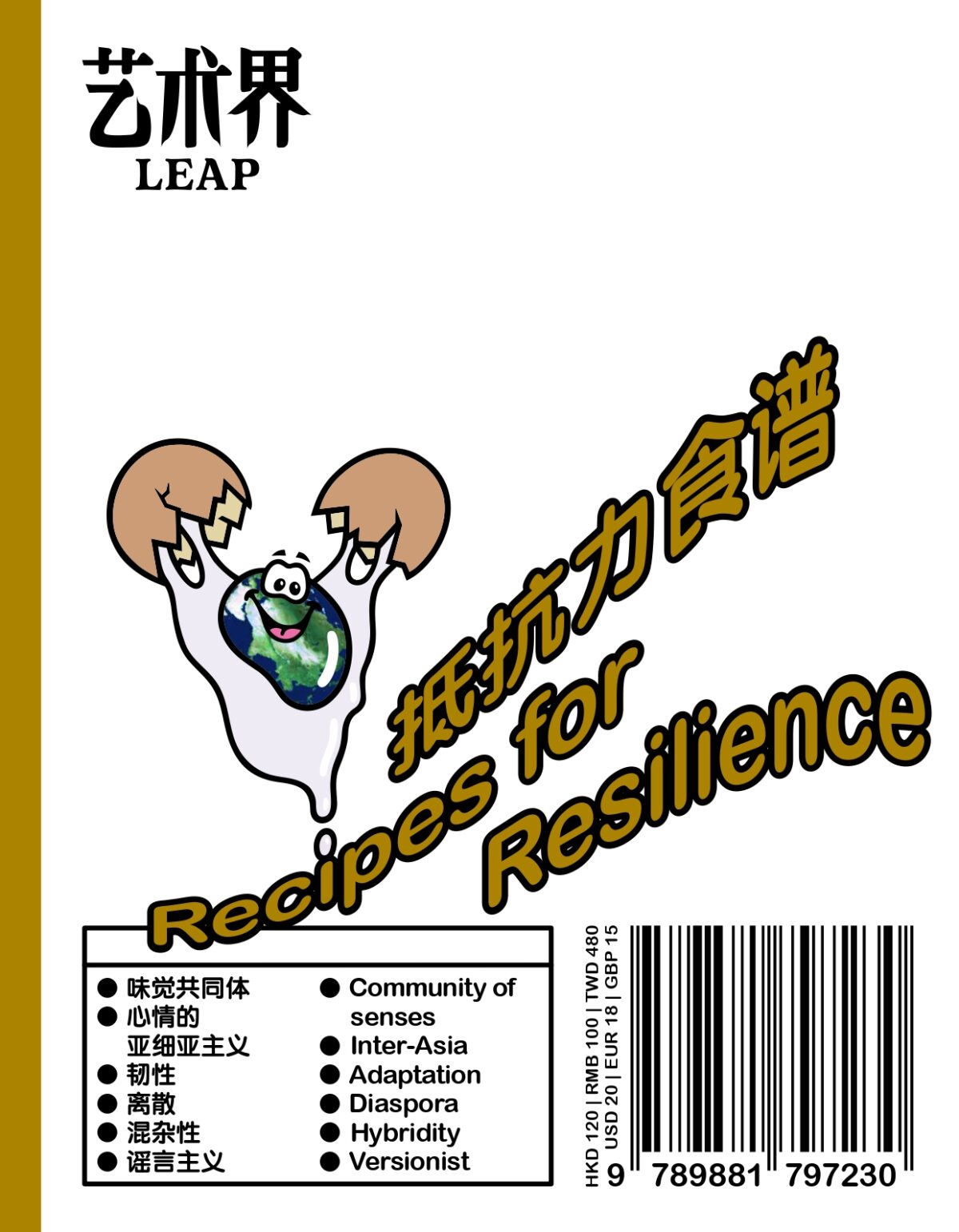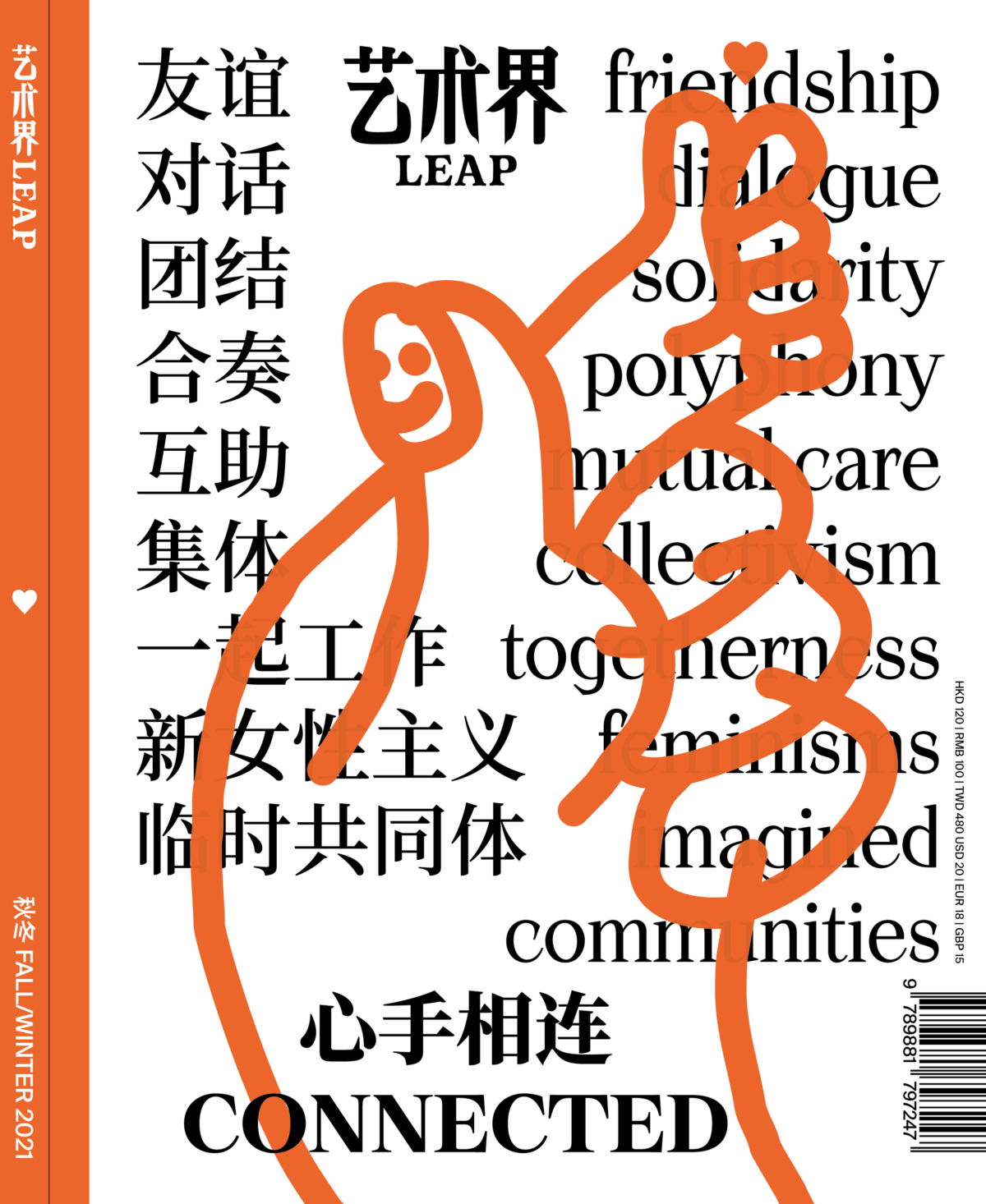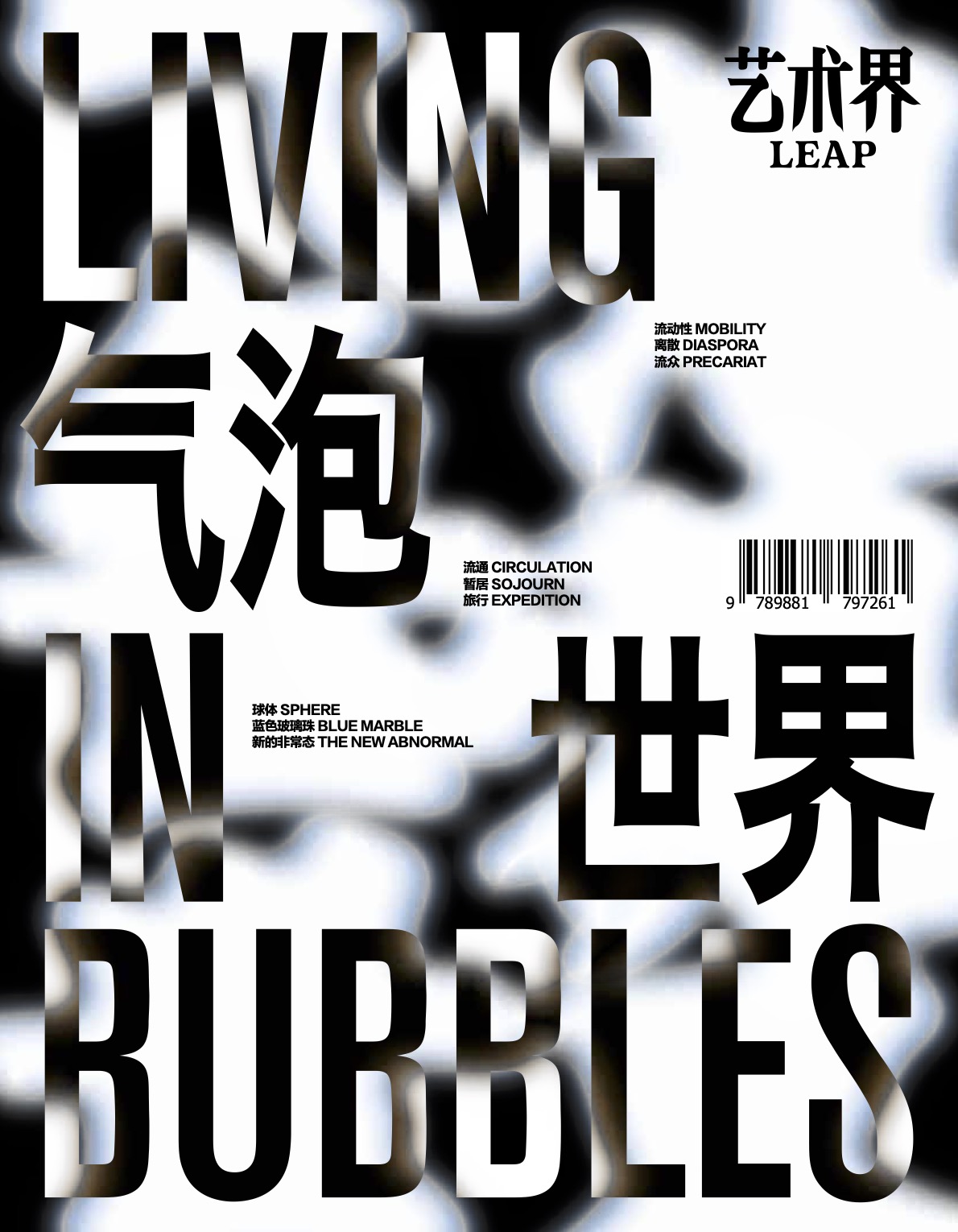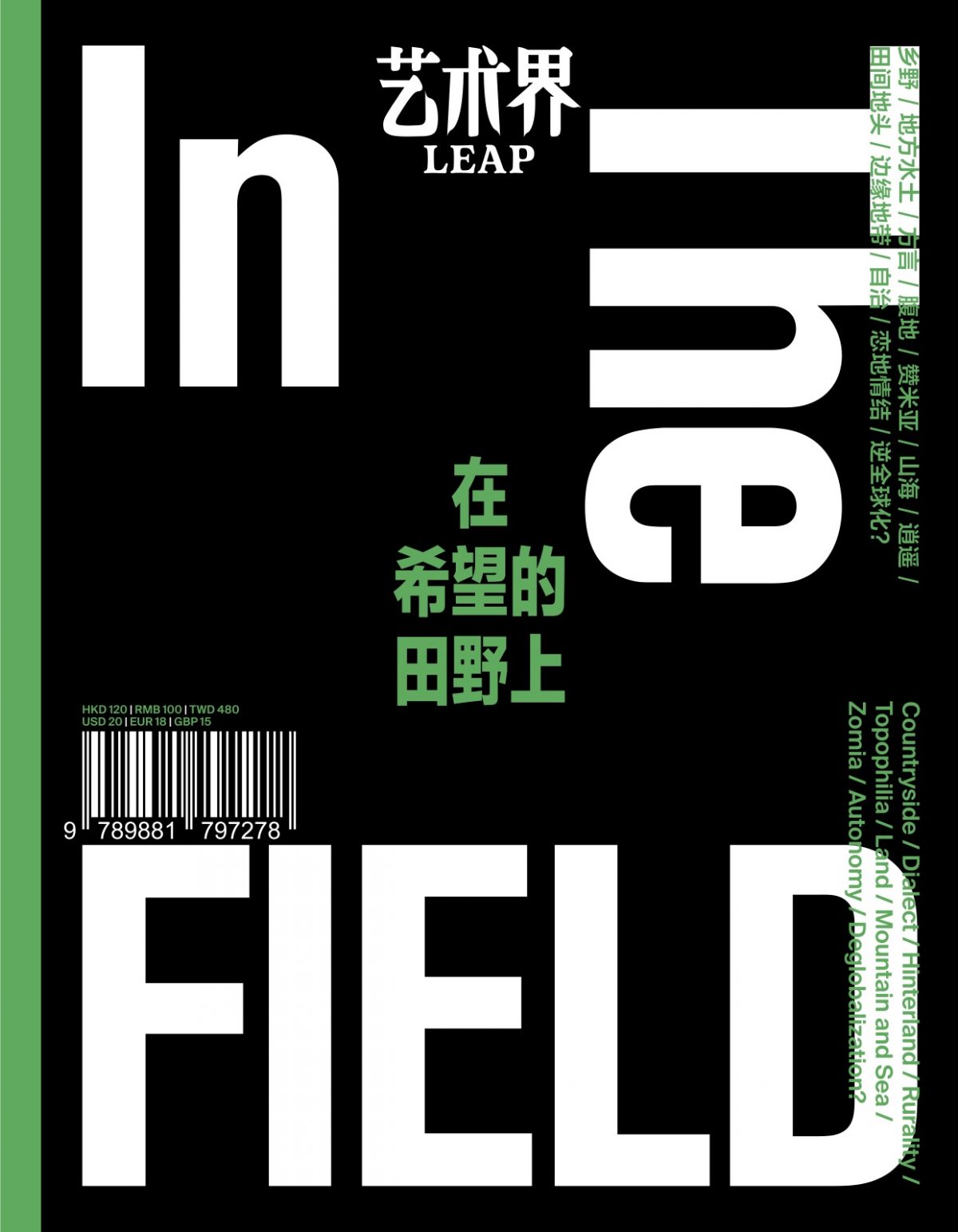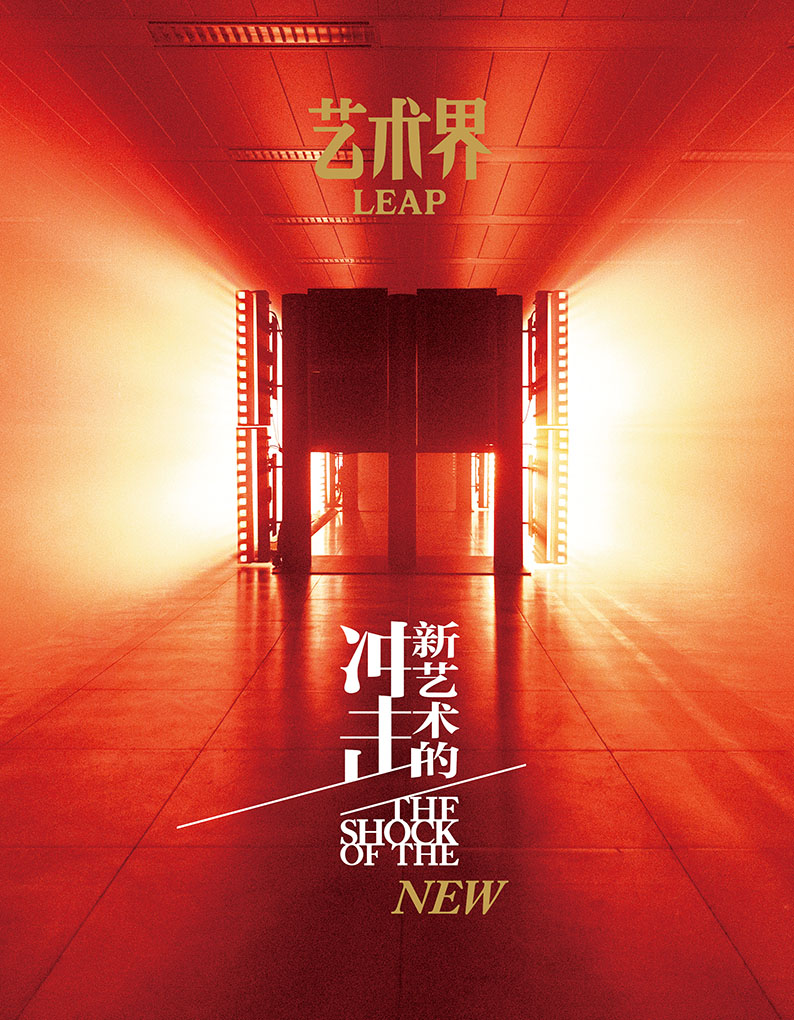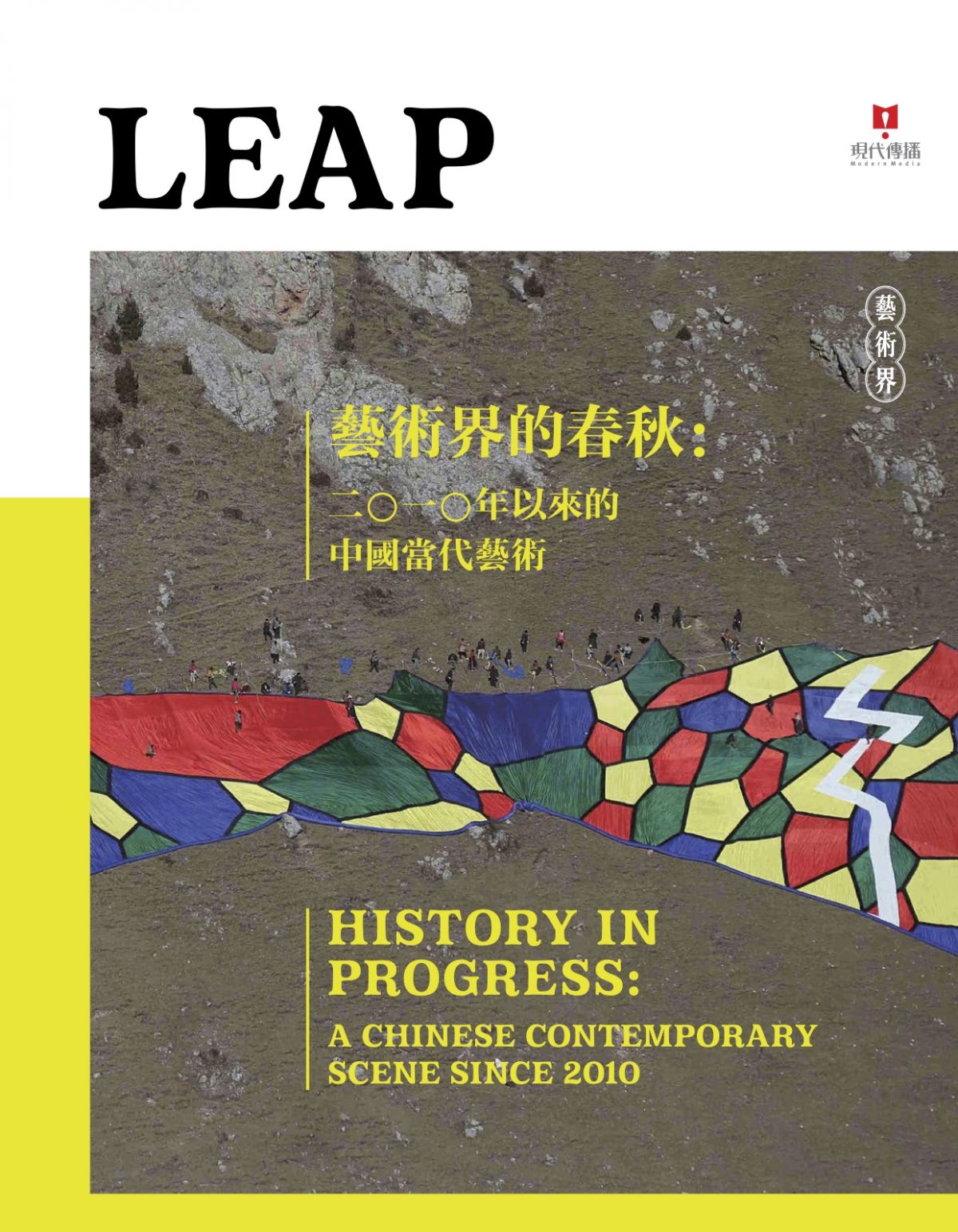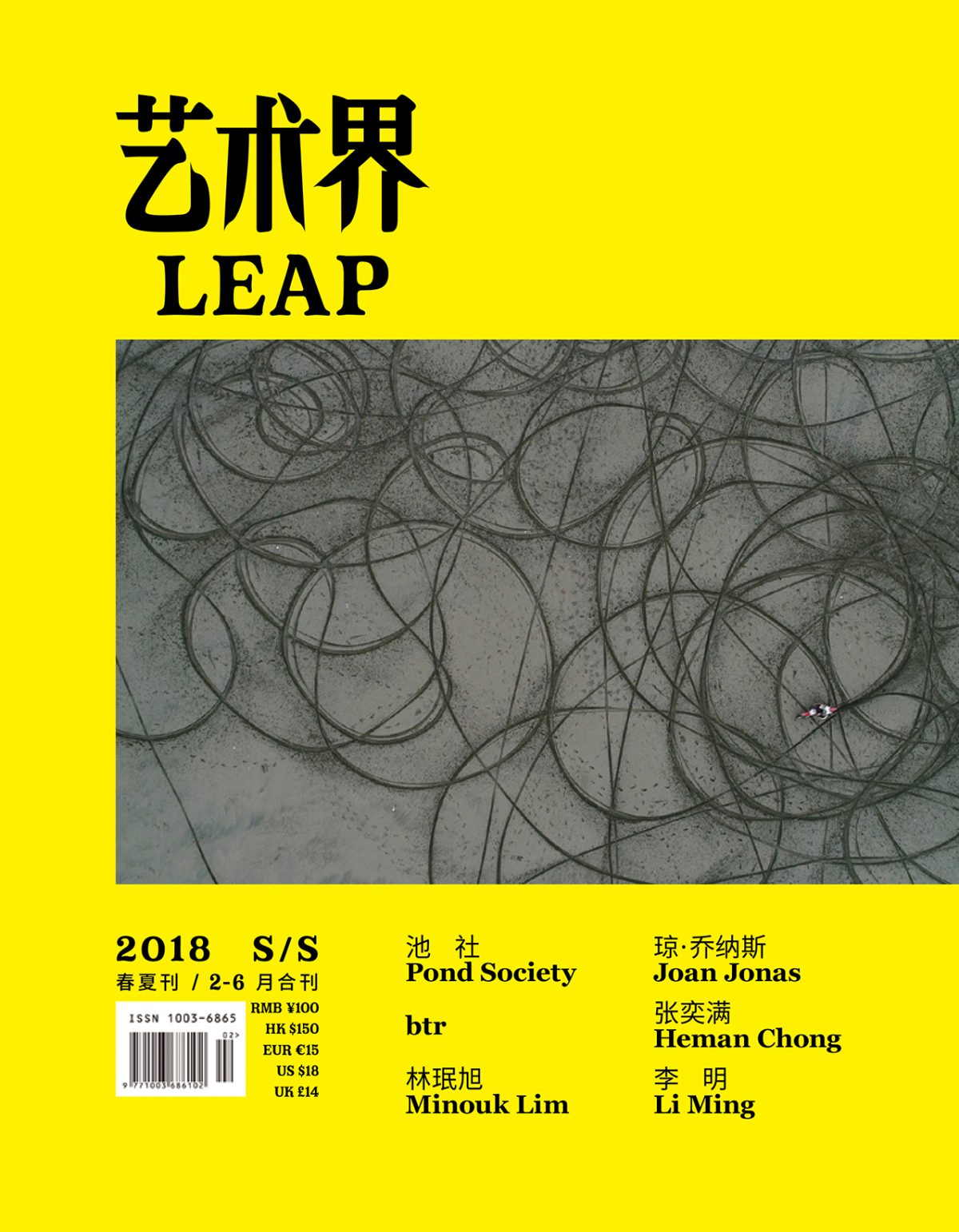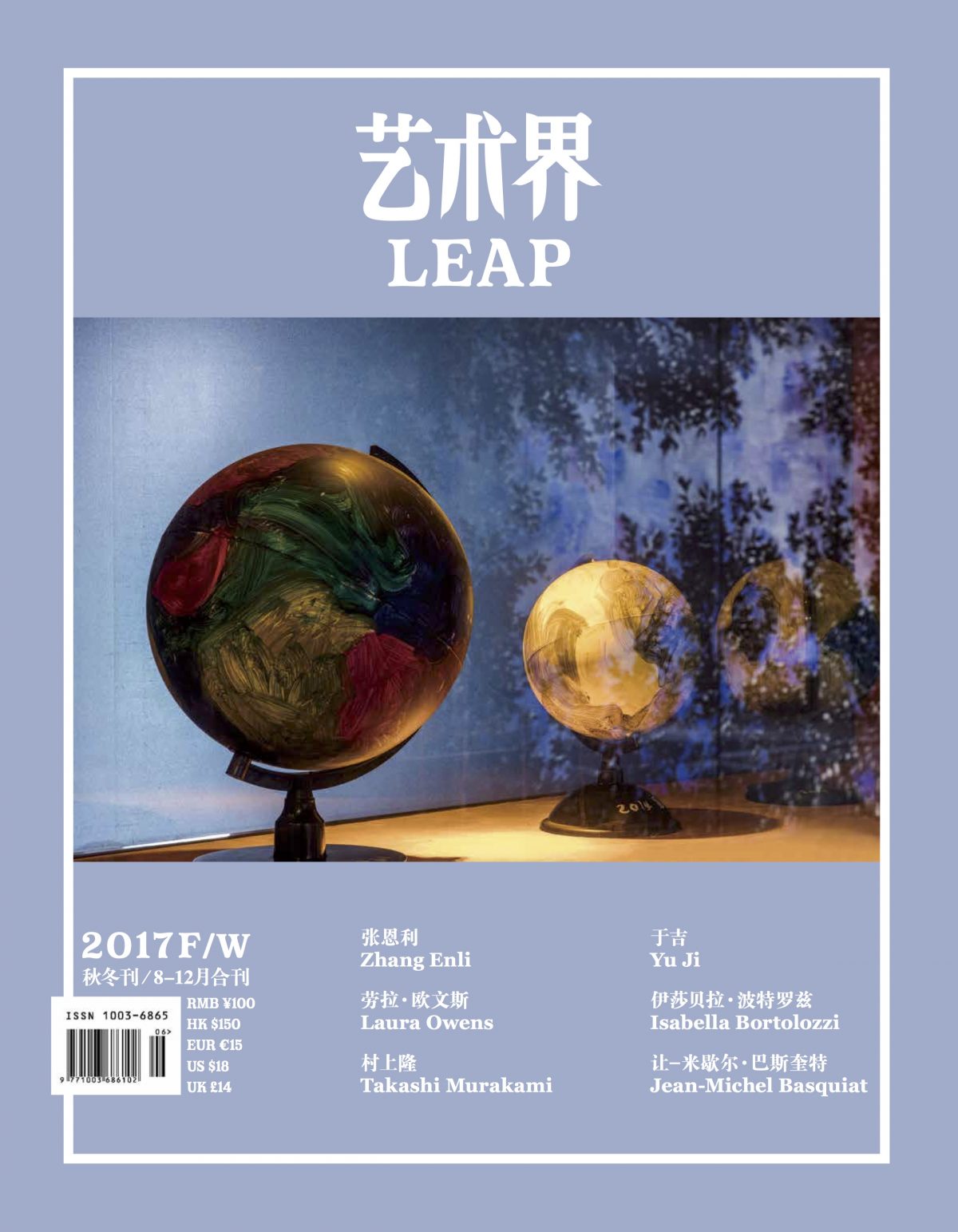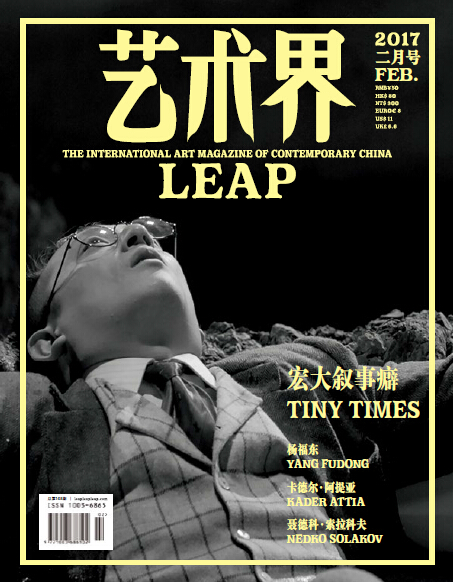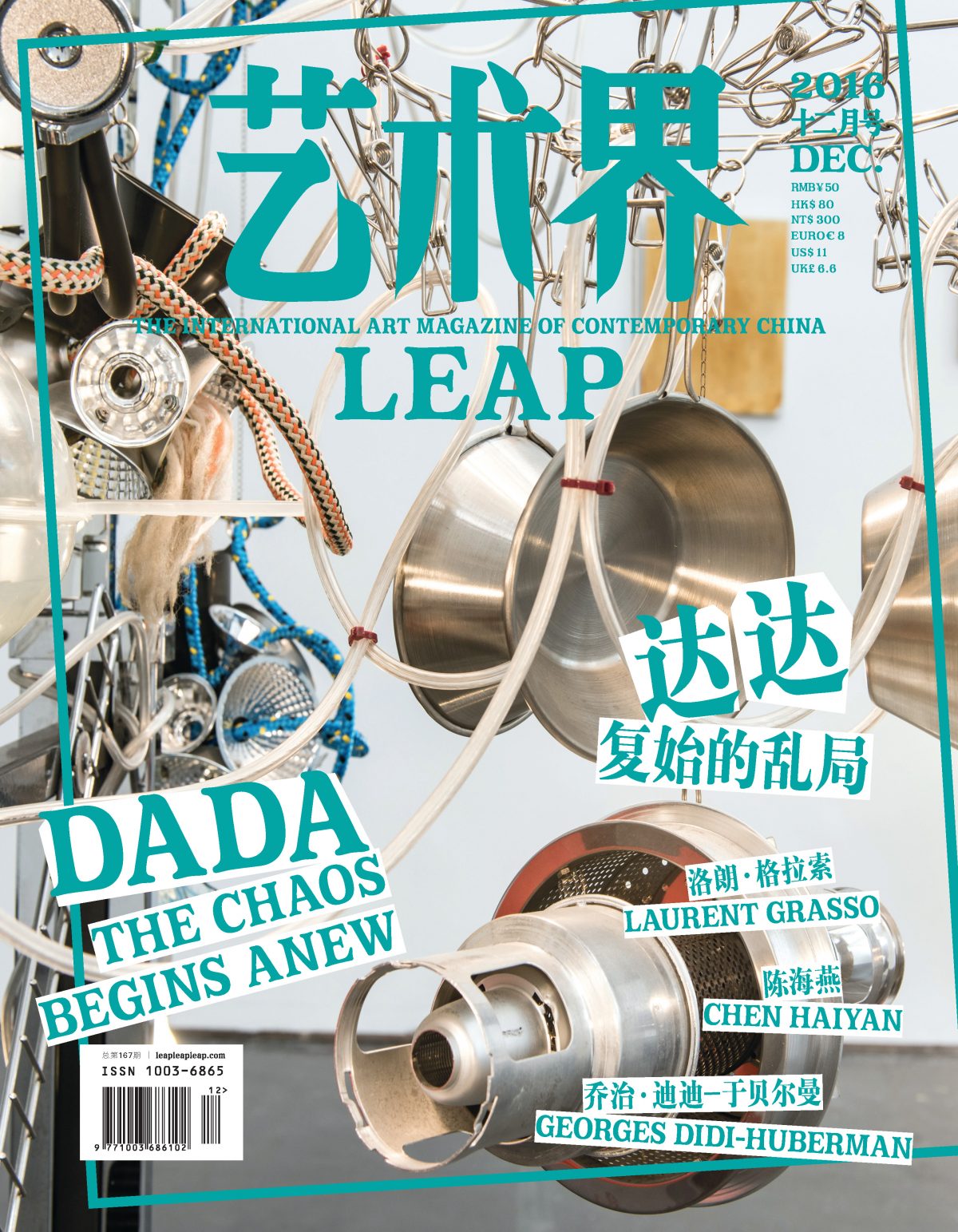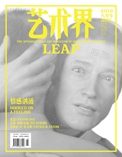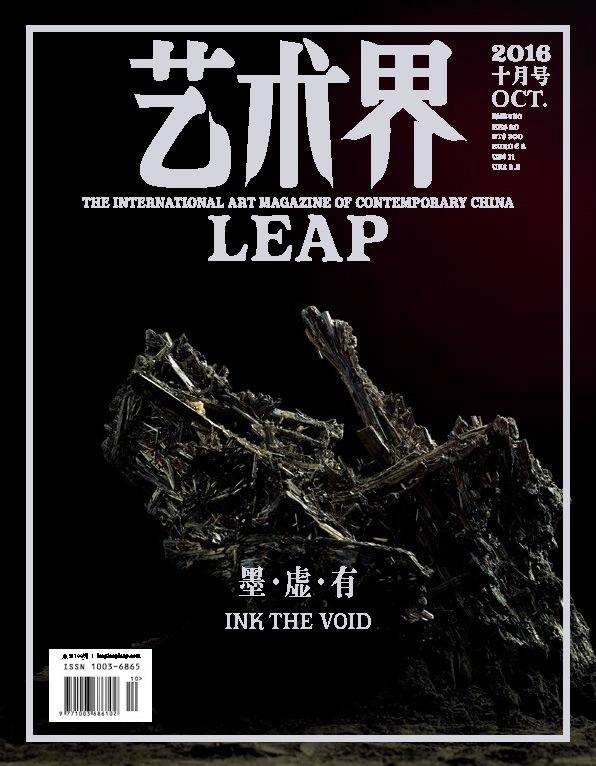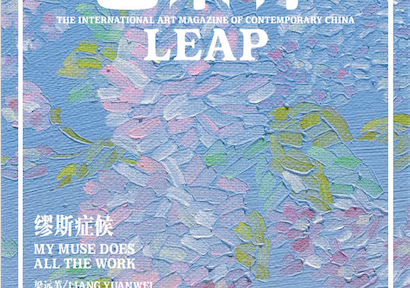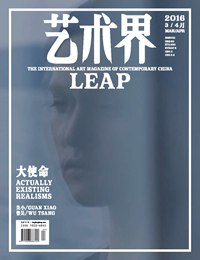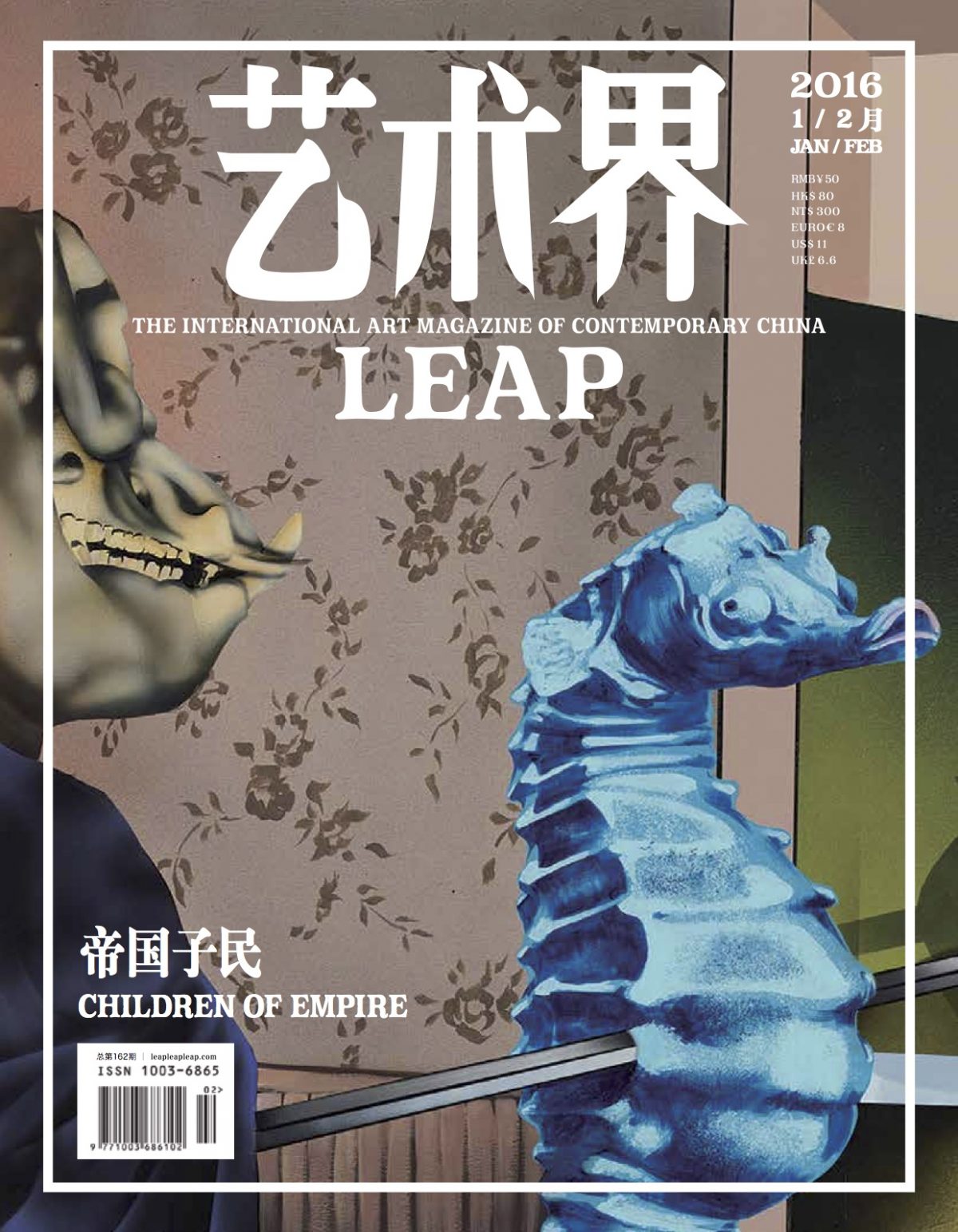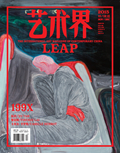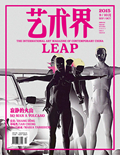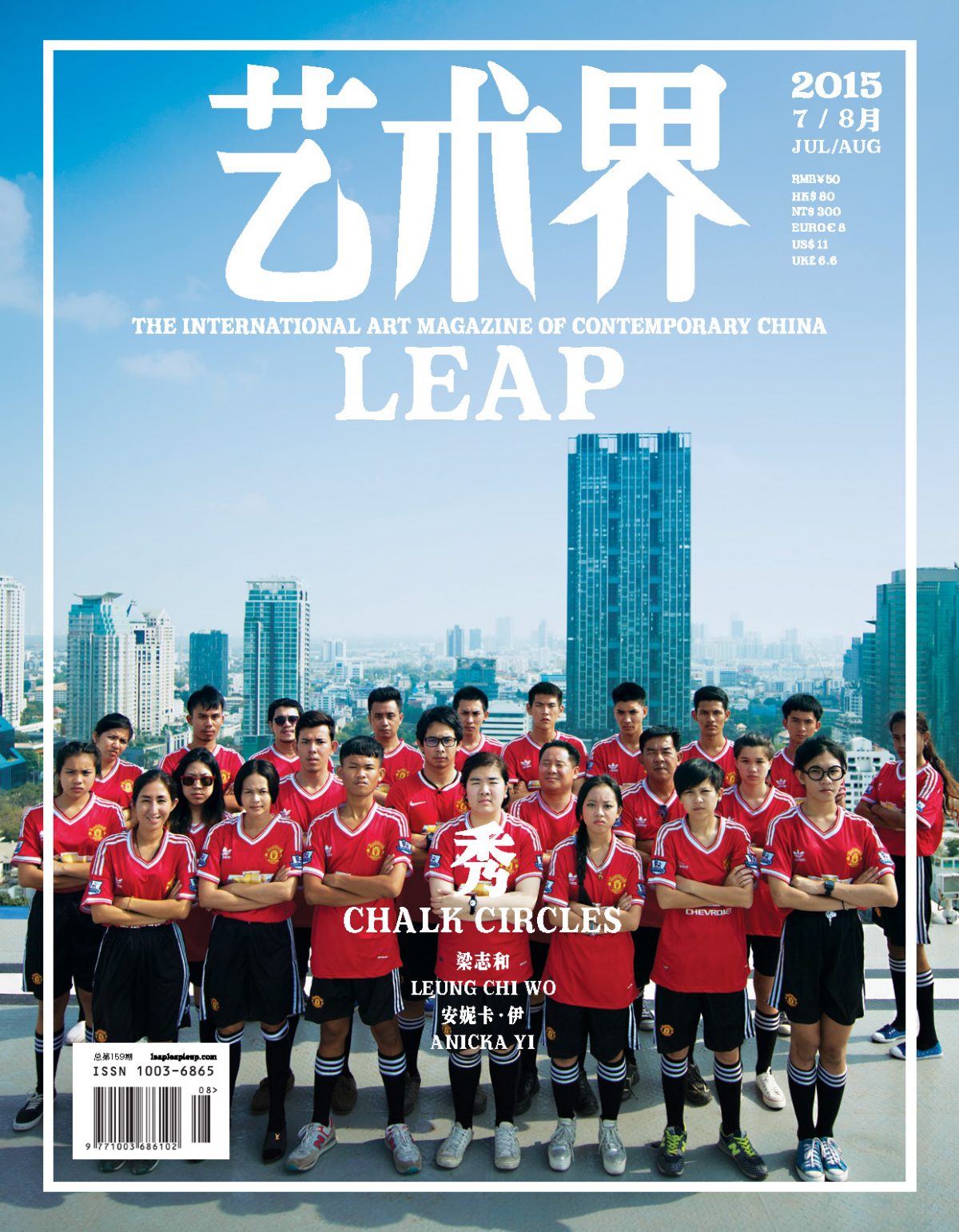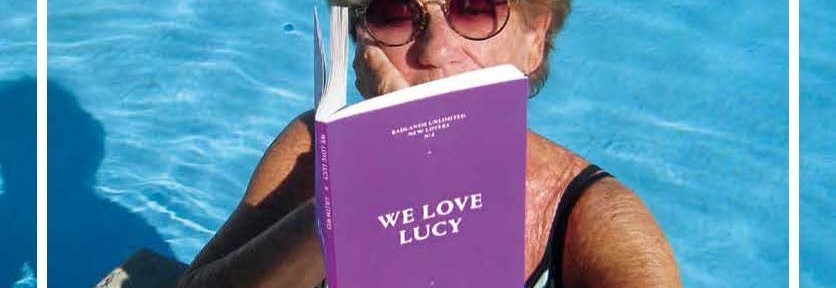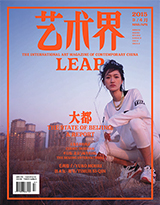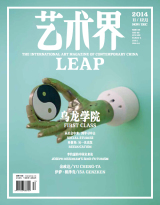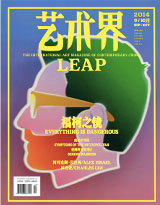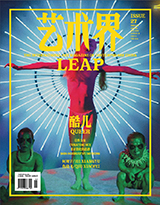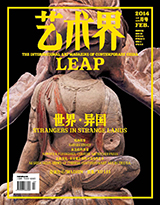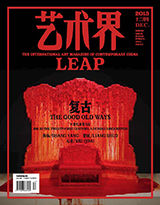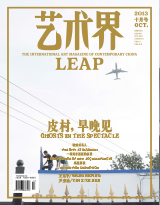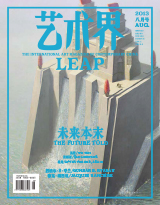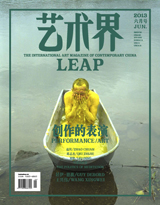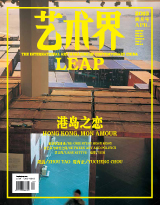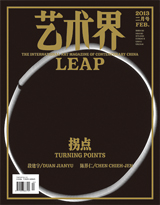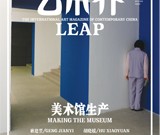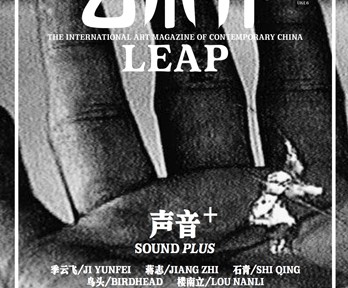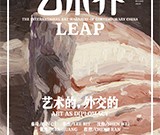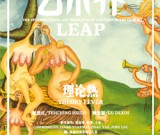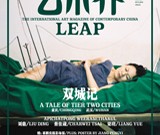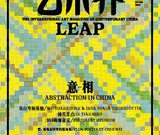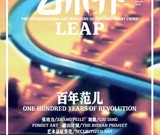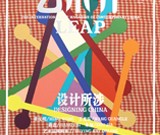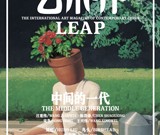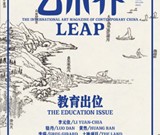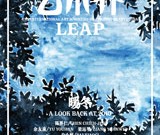“August 2, 1914: Germany has declared war on Russia. Went swimming in the afternoon.”
This is what Kafka wrote in his diary on the day the First World War went into full swing.
Earlier this year, many of LEAP’s friends shared this particular diary entry by Kafka on social media. In mere two sentences, Kafka captured the absurdity of carrying on with one’s mundane activities while an epochal catastrophe is looming large. Looking back on 2022 at the end of the year, it’s eerie how we have acclimated to this level of absurdity. We find ourselves caught in a loop of never-ending crises, and yet life goes on. For many of us who should consider ourselves lucky, global crises often remain on an abstract level, while our daily tasks are concrete. As long as we bury our heads in a heap of specific tasks, we free ourselves from thinking about the crises at hands and momentarily escape from the anxiety of not quite knowing what to do. Even if there is no tomorrow, for now we have to eat, write reports, hold conference calls, water the plants, and feed the cat.
It seems as if the meaning of crisis has changed. We no longer register crises as opportunities to instigate change and progress–they are simply too frequent and too much. We can hardly solve any crisis before the next one beats us to a punch. The climate crisis has escalated way beyond the direst predictions, and scenarios that seemed out of a post-apocalyptic sci-fi film just a few years ago are now taking place right on earth. The classic way of dealing with a disaster–be it personal or planetary–by pausing whatever you’re doing and actually focusing on this turning point, now seems incredibly old-fashioned. When the eruption of a crisis no longer triggers a need for change and immediate action, perhaps we should all admit to a crisis of crisis itself. LEAP is not sure if we can still help our forgetfulness, numbness, and ostrich mentality, but it is high time we talked about the crises that are specific and tangible, and the change and actions required.
“______ was the worst year of the last decade, but it was also the best year of the next decade.” Wandering on the waning edge of the virtual world and real life, it seems that we can now fill in this utterly absurd sentence with just any year. This may have made the various gloomy assertions less compel-ling, as we have come to accept the fact that the crisis does not come out of nowhere, that it has gradually filled itself and metabolized itself with all sorts of thrilling and sorrowful facts, regardless of how history has turned and how society has become increasingly polarized and atomized.
At the end of 2022, LEAP decides to take a crack at the numbing crises all around us. Thanks to its extremely high frequency in everyday discourses, the word crisis has begun to take on an eerily conniving appearance, with all kinds of prefixes such as identity, trust, financial, age, and gender quickly dissolved in conversations that lead to nowhere. At the other end of the spectrum are the rampant dark memes all over the internet. If we accept that the intensity of sadness or anger can sometimes only be addressed through ridicule, can we say that a total crisis is in some way a total relief? At the very least, it offers us an opportunity to run towards a somewhat ideal future of a post-disaster reconstruction. With this issue born in the dark times, LEAP sets out with a stubborn wish to stimulate constructive discussions among artists, writers, and cultural practitioners, and from these different interpretations and concerns about specific crises in question, we can begin to work up a manual to hopefully save ourselves.
MENU
FEATURES
Guo Yingguang, Alone and Together|Ren Yue
The Boomerang of Deep Time|Wang Kaimei
Protect or Expose? Decoloniality in Times of Strife|Dong Yuxiang
Know thyself—If the discourse doesn’t fit|Nie Xiaoyi
Shared Rhetoric: A Dialogue between Vajiko Chachkhiani and Wang Tuo
Owen Fu:The Geisttiere Dwells in the Void|Ren Yue
Against Itself in Community Practice: Notes on Supo|Liu Ying & Xue Yuxuan
Growing in the Narrow Crevices of Crises: A Young Feminist Practitioner’s Field Notes|Ara Yun Qiu
Chronos Hitching a Ride / A Gap in the Archive|Kevin Wu
PORTFOLIO
Mastutake Rain|Long Pan
Ghost in the Colonnade|Chris Yuan Zhongtian
Lest We Forget|Gao Jie
Utopian Visions|Liao Tianqi
REVIEWS
Building and Dreaming|Lin Canwen
Fanny Gicquel: now, and then|Han Qian
Thomas Demand: The Stutter of History|Zhang Hanwen
I Imagine Angels|Paul Han
Being Theoria: the 4th Hangzhou Triennial of Fiber Art|Zhang Zhongtao
Who is He?—A Retrospective of Geng Jianyi’s Works|Meng Xianhui
Hu Xiaoyuan: Paths in the Sand|Fiona He
Trinh T. Minh-ha: Traveling in the Dark|Lin Ye

